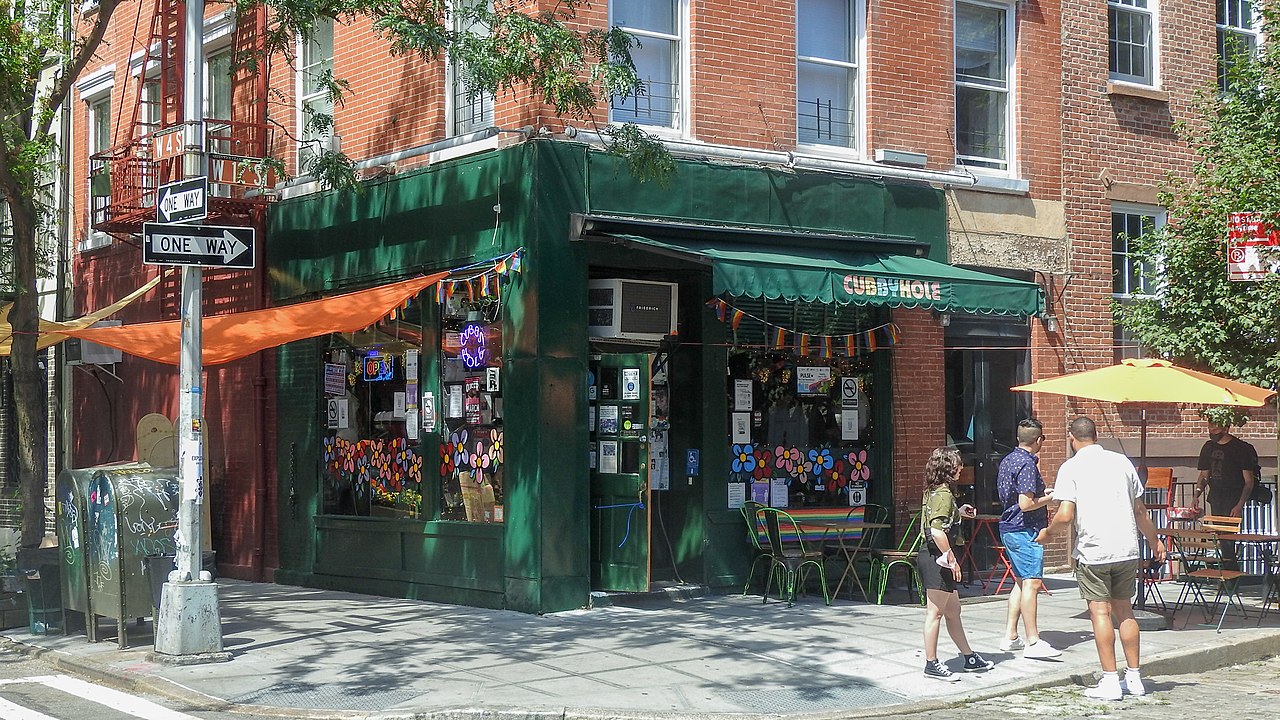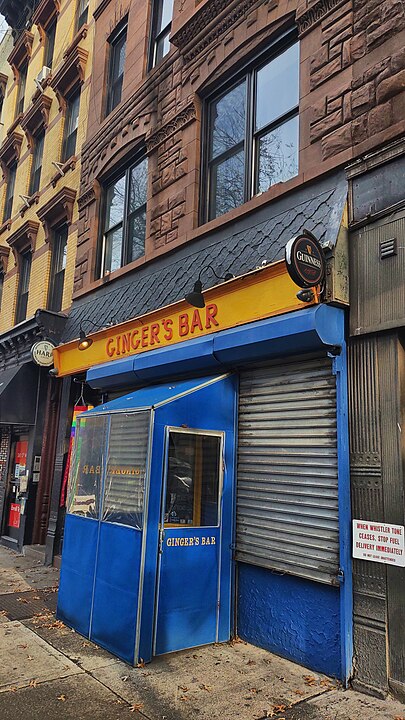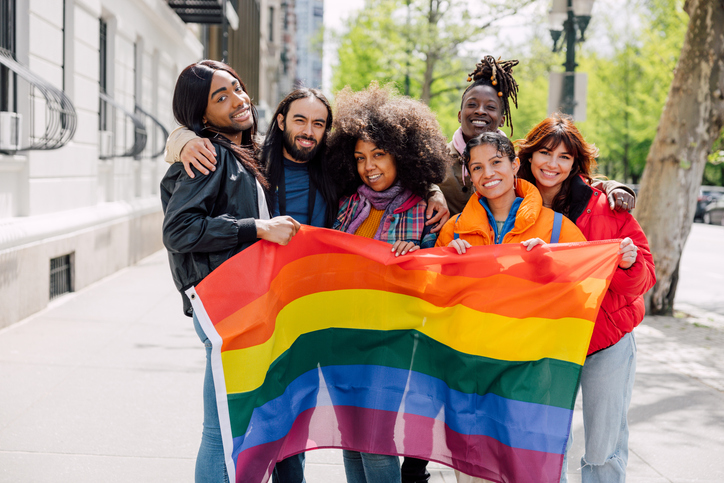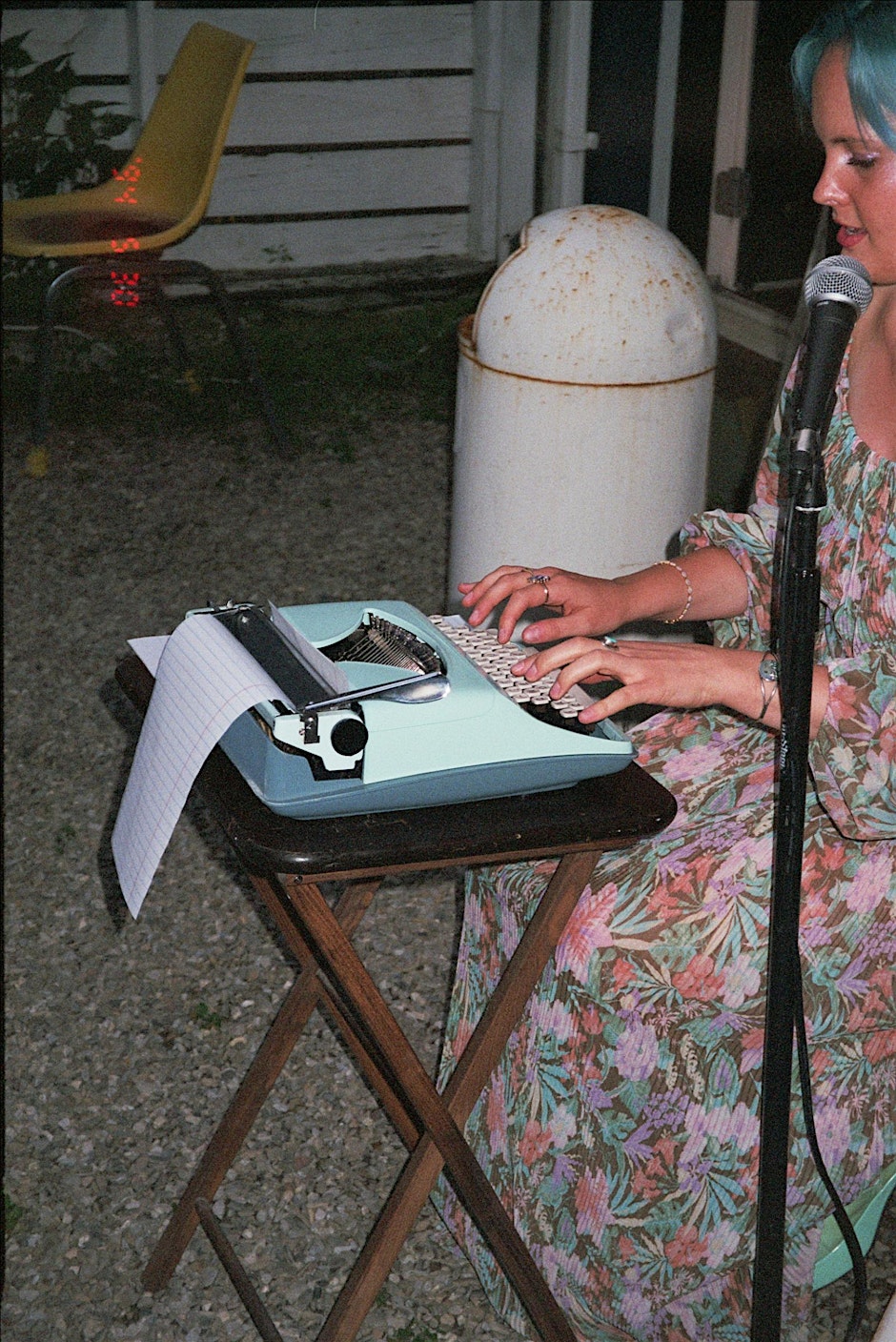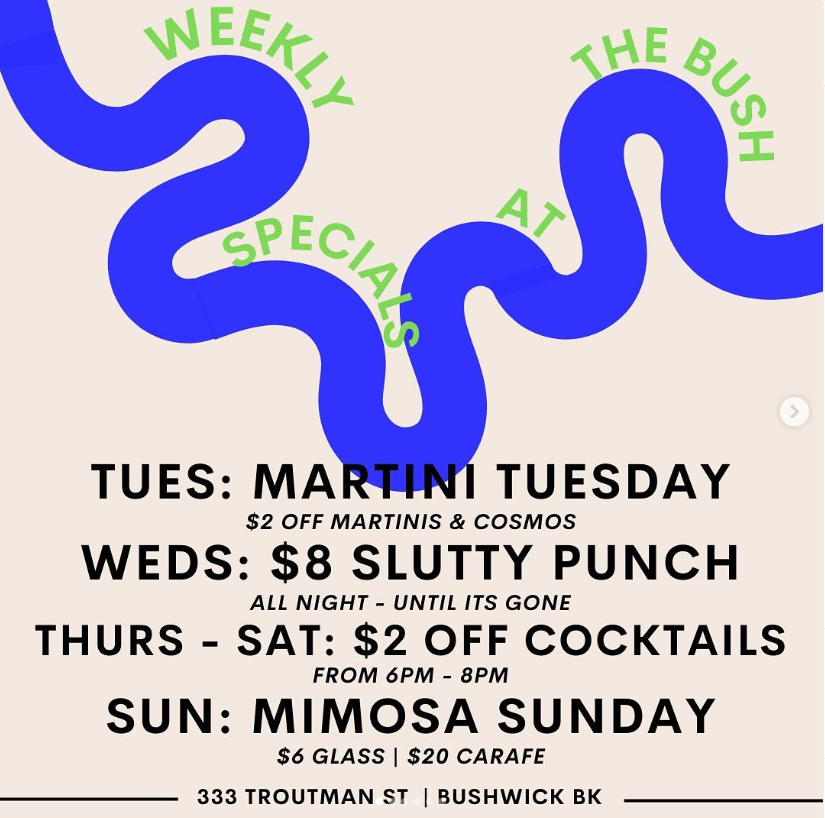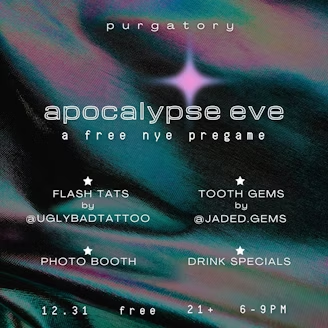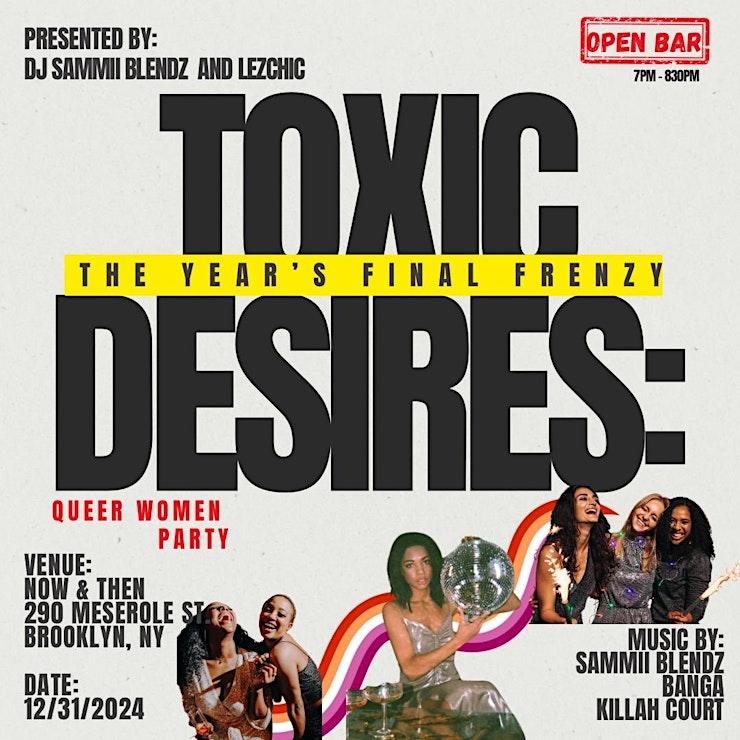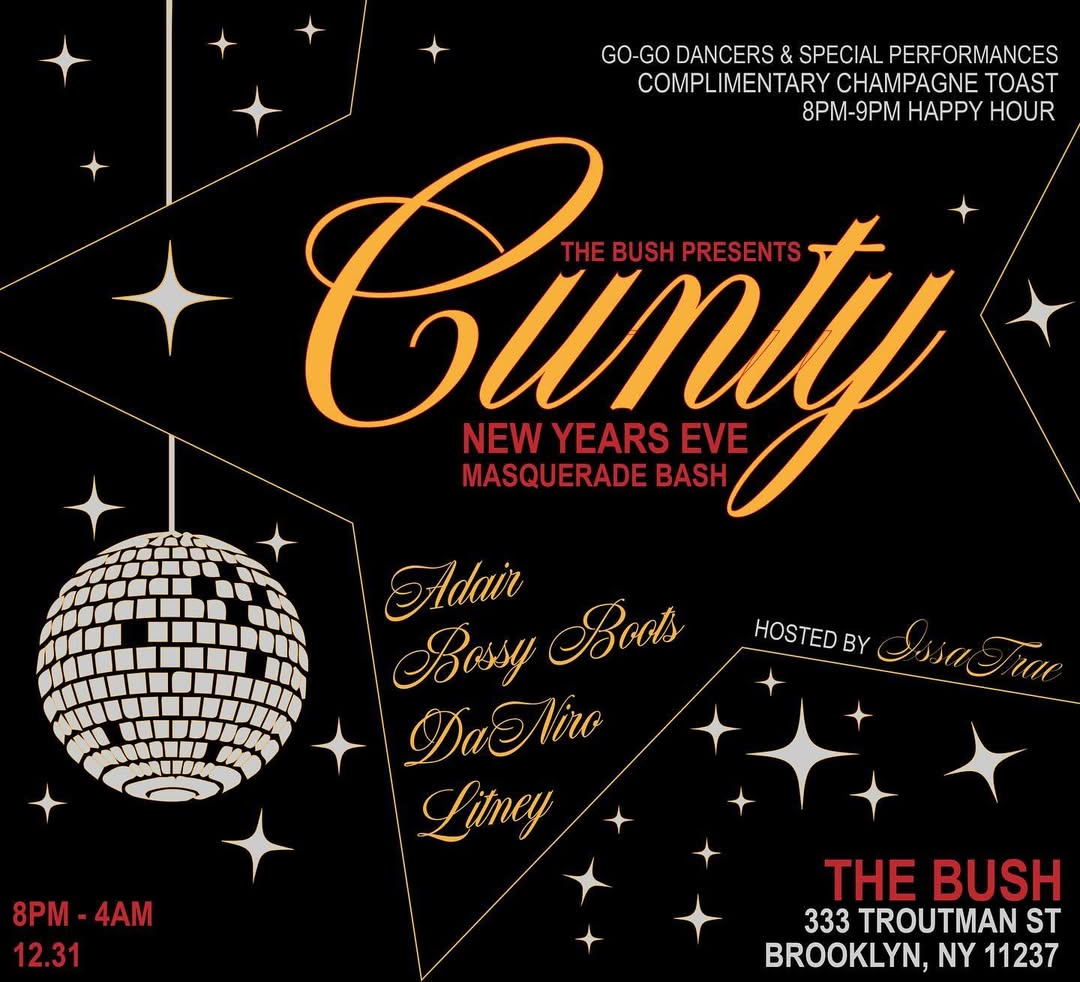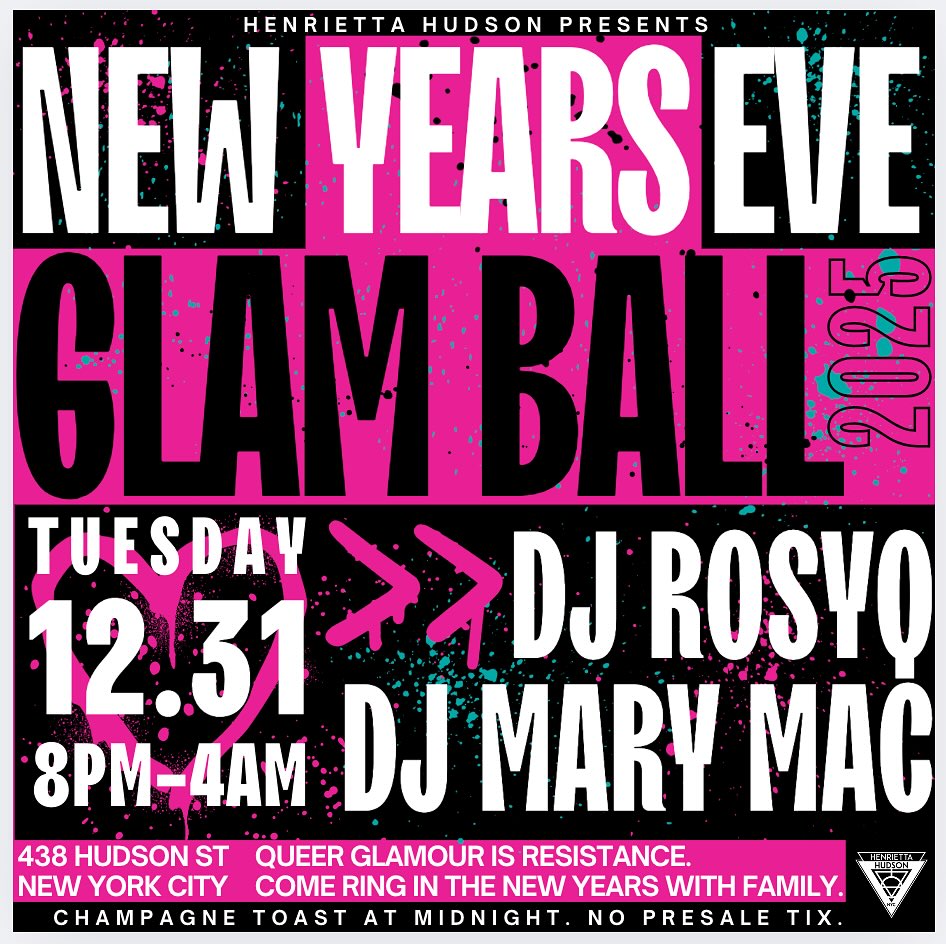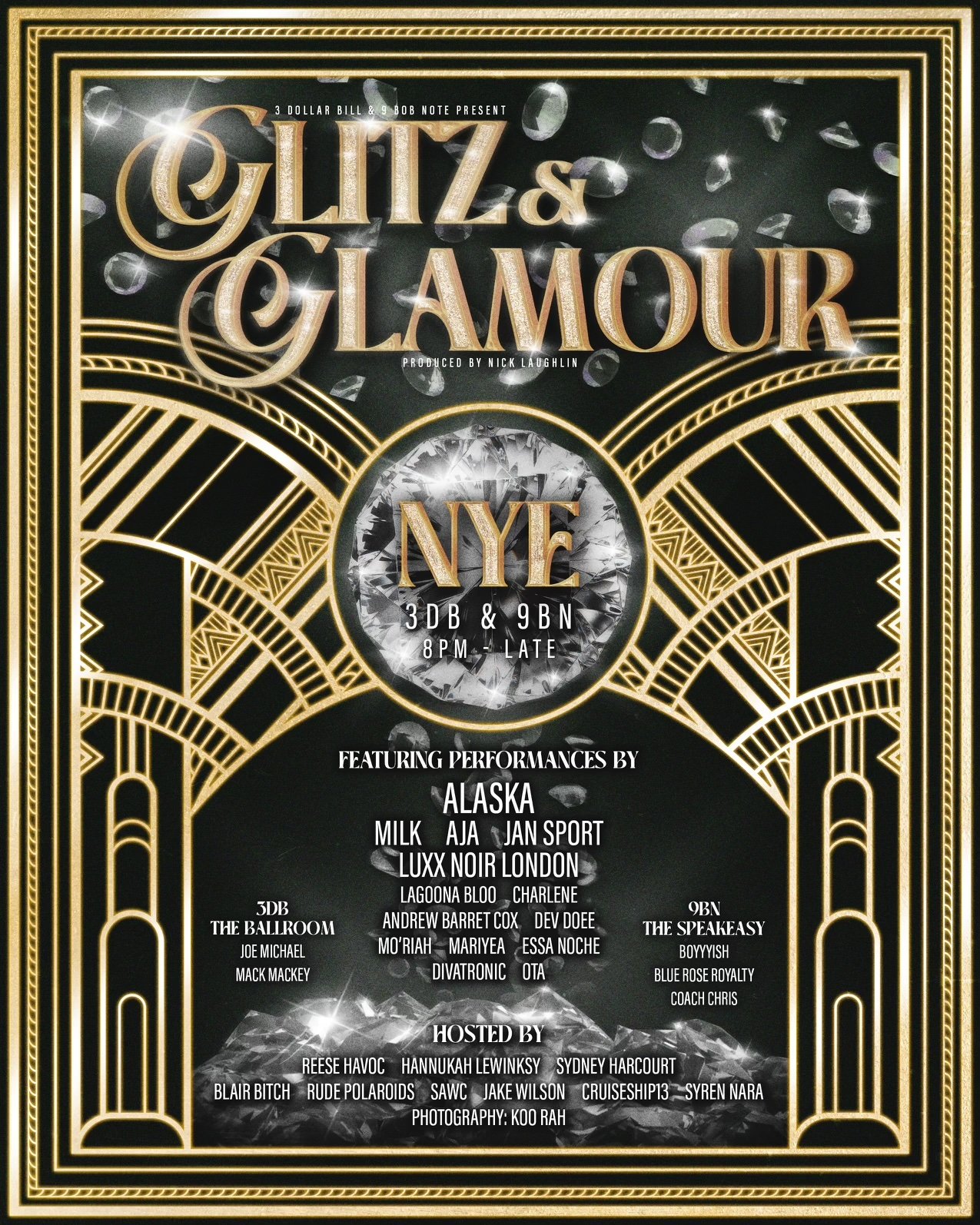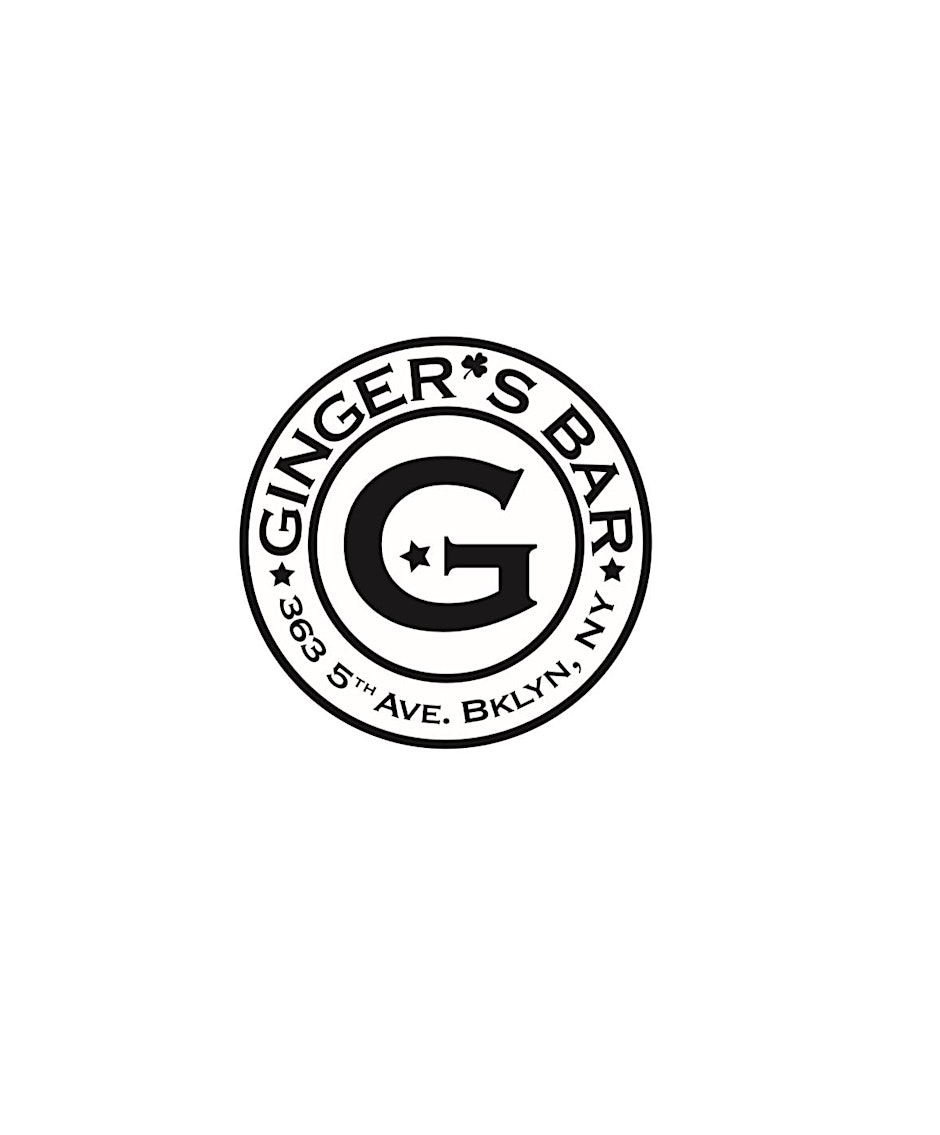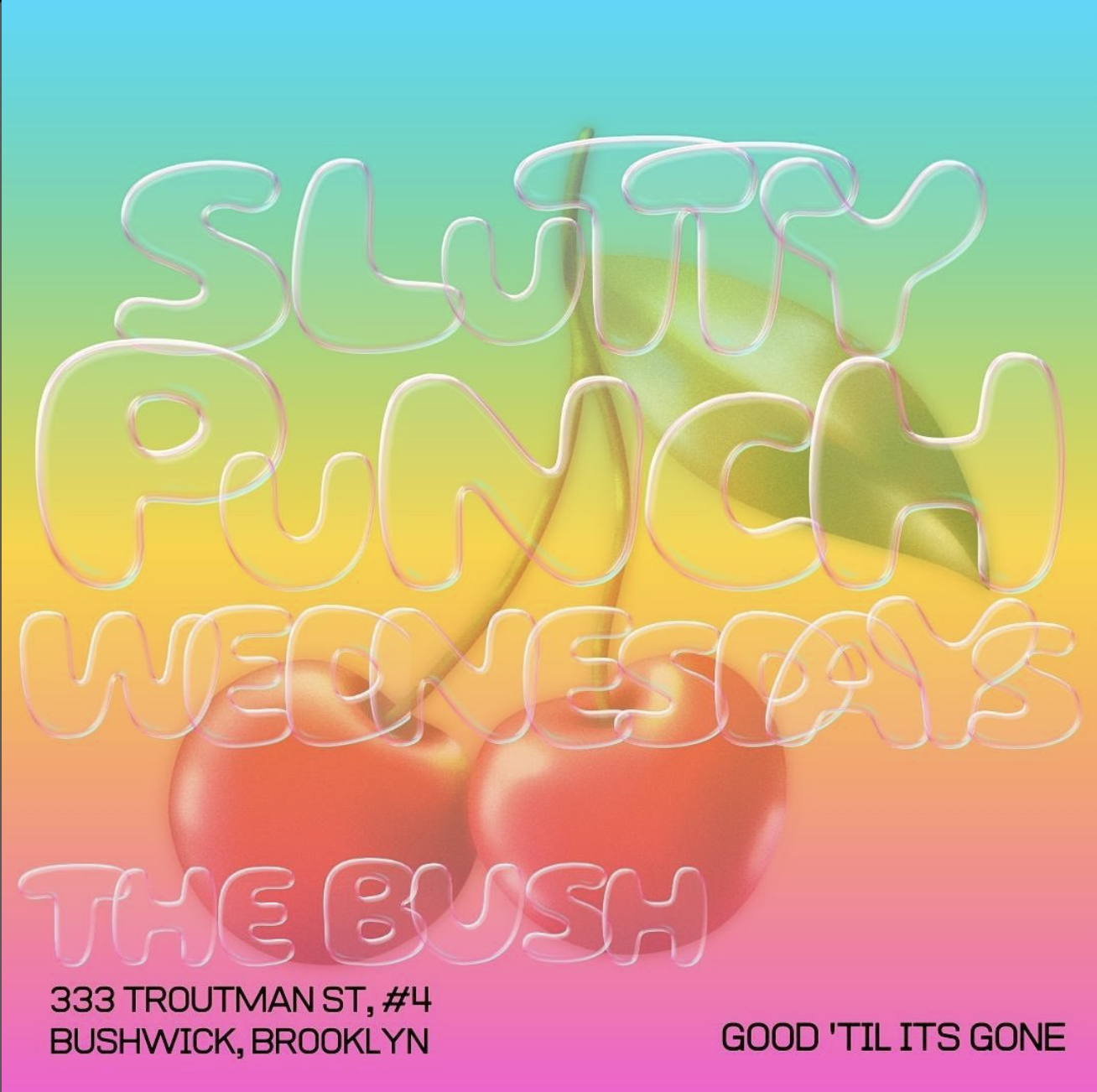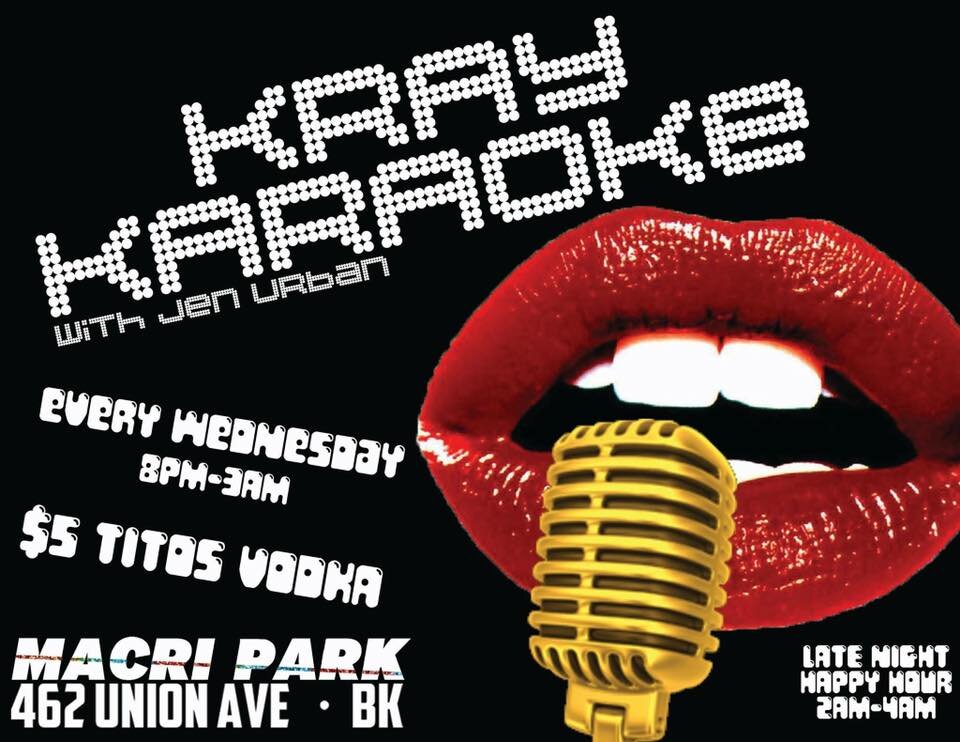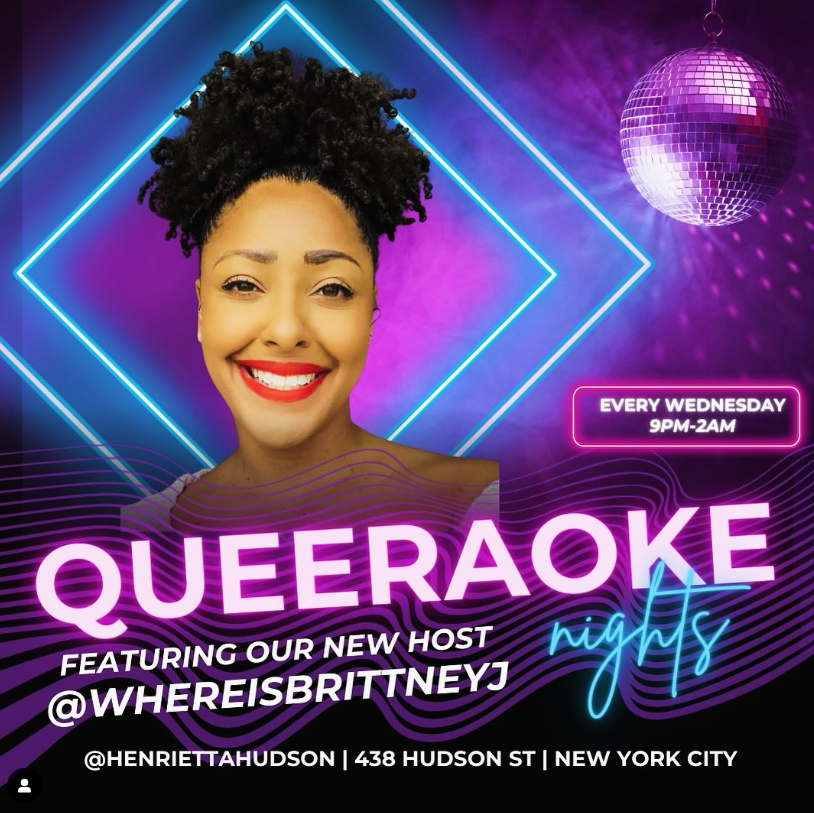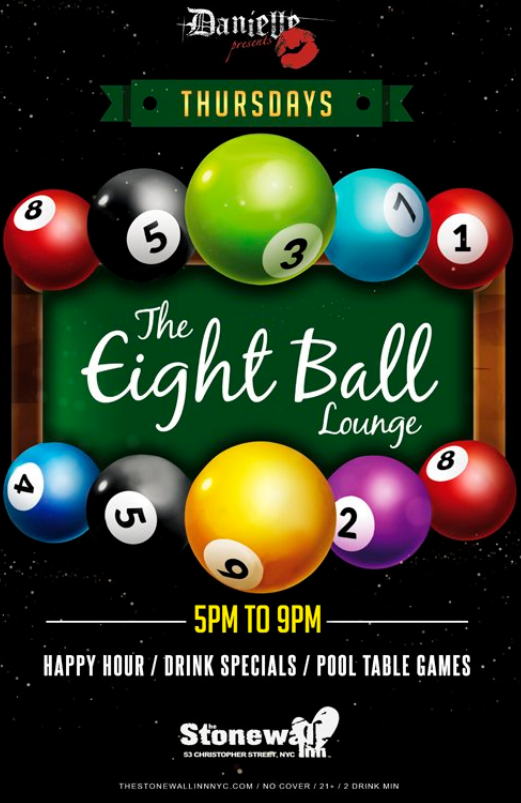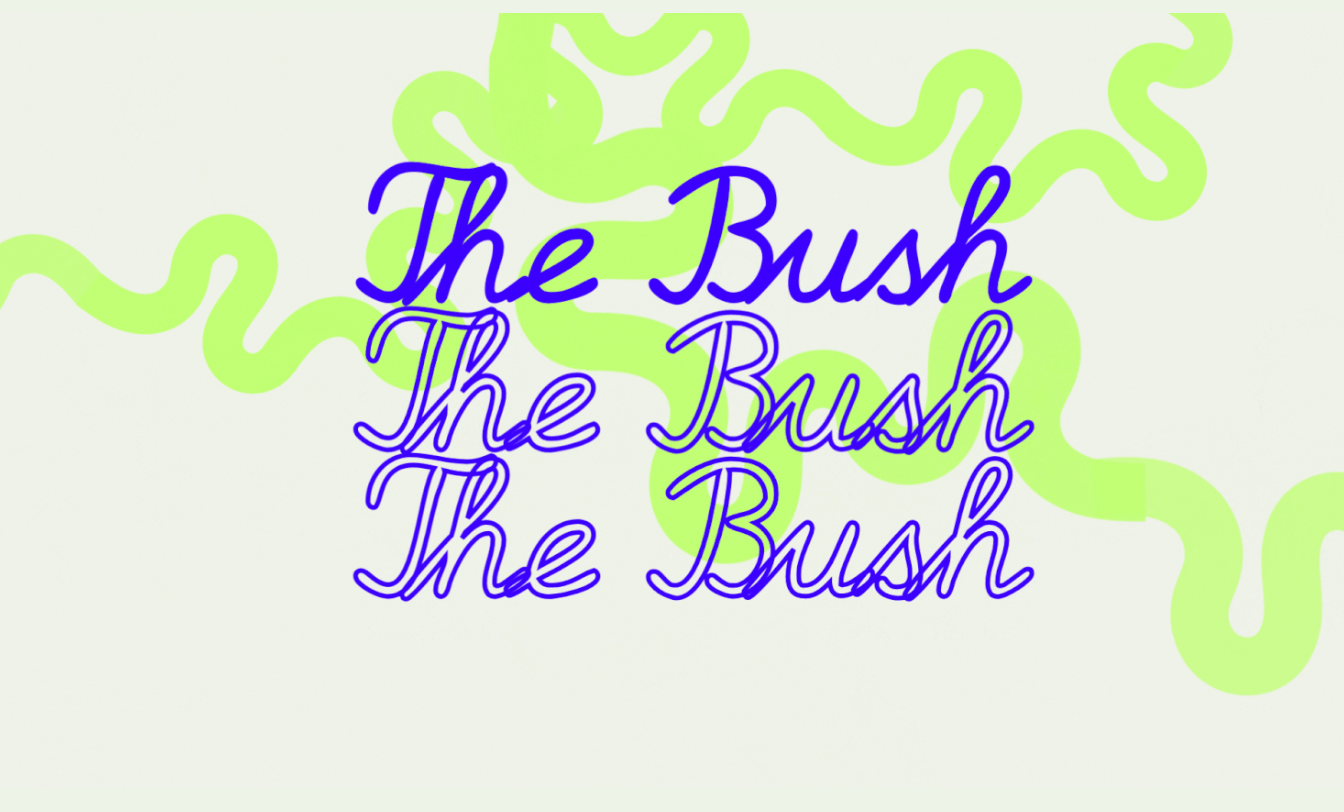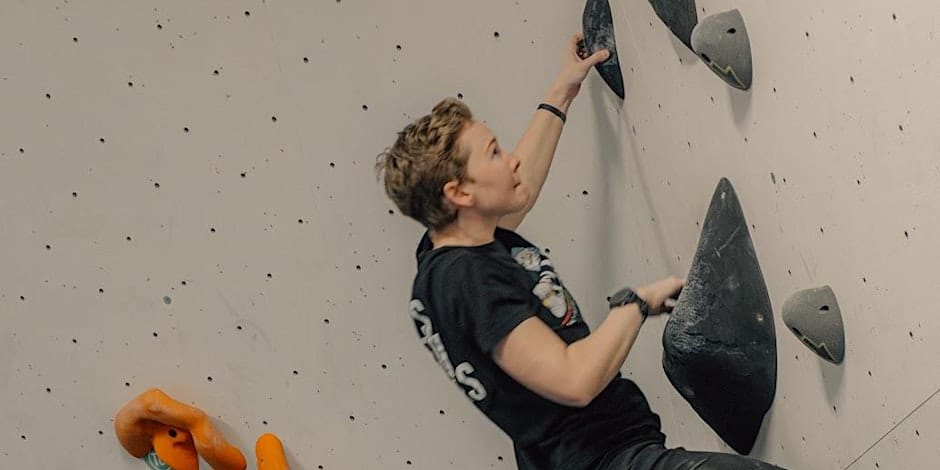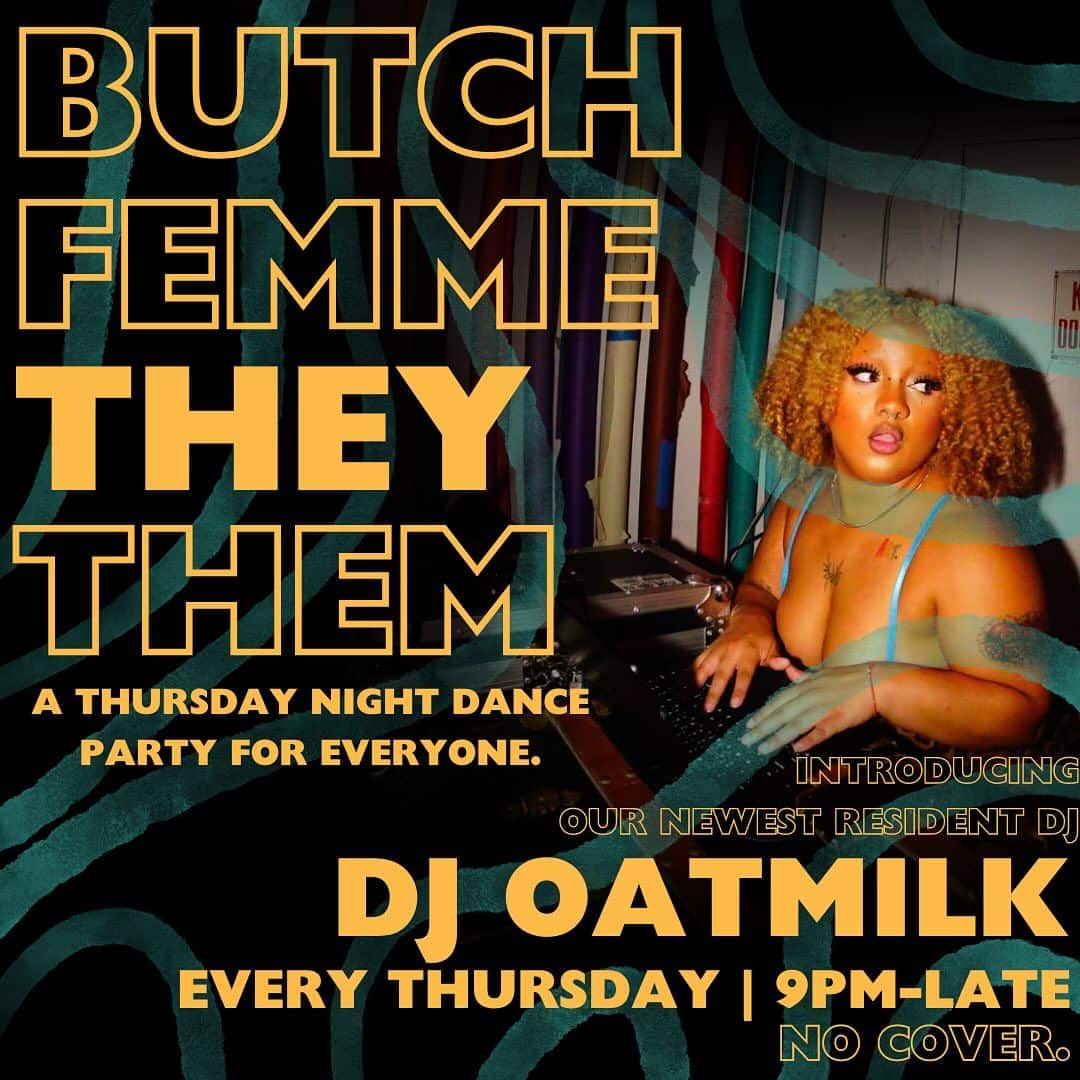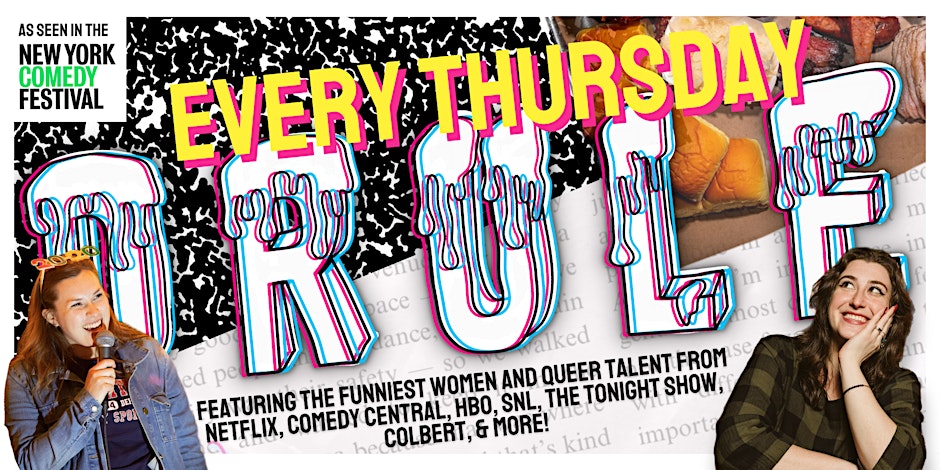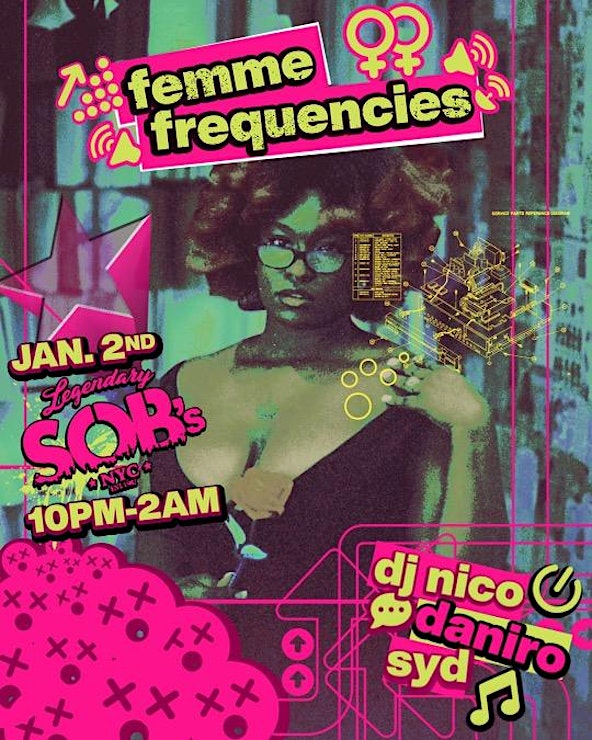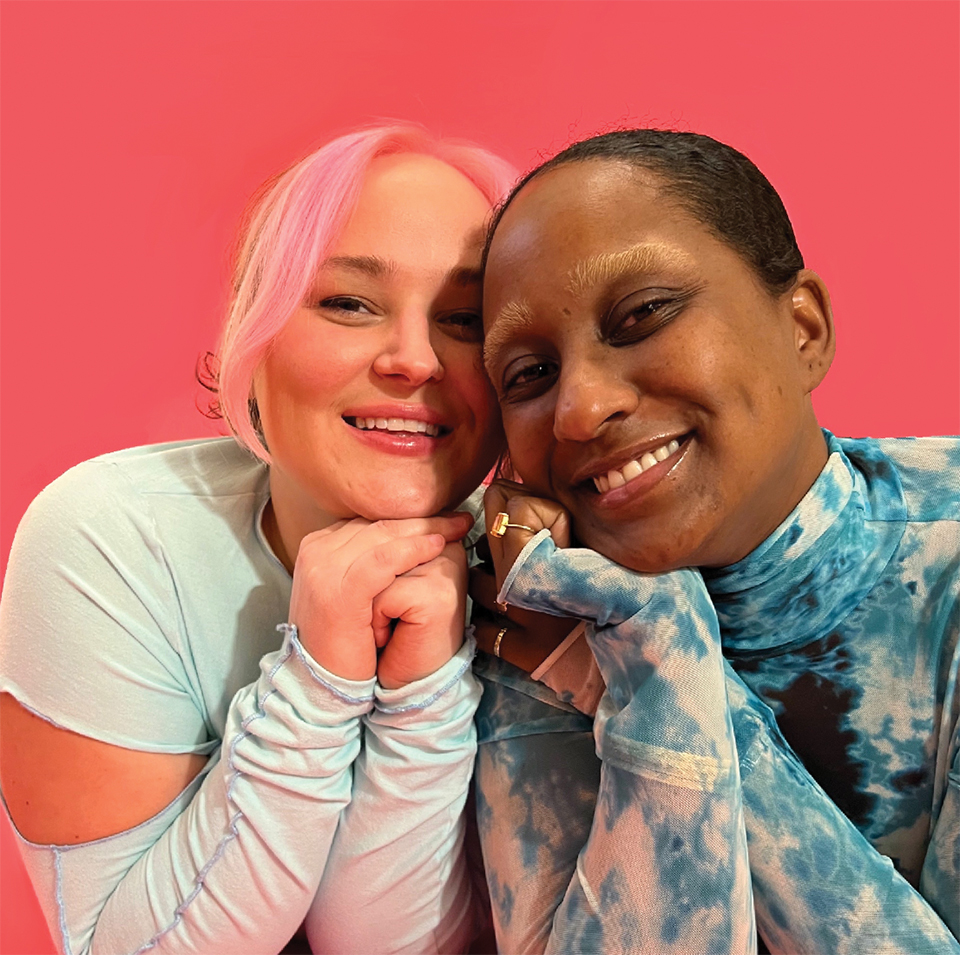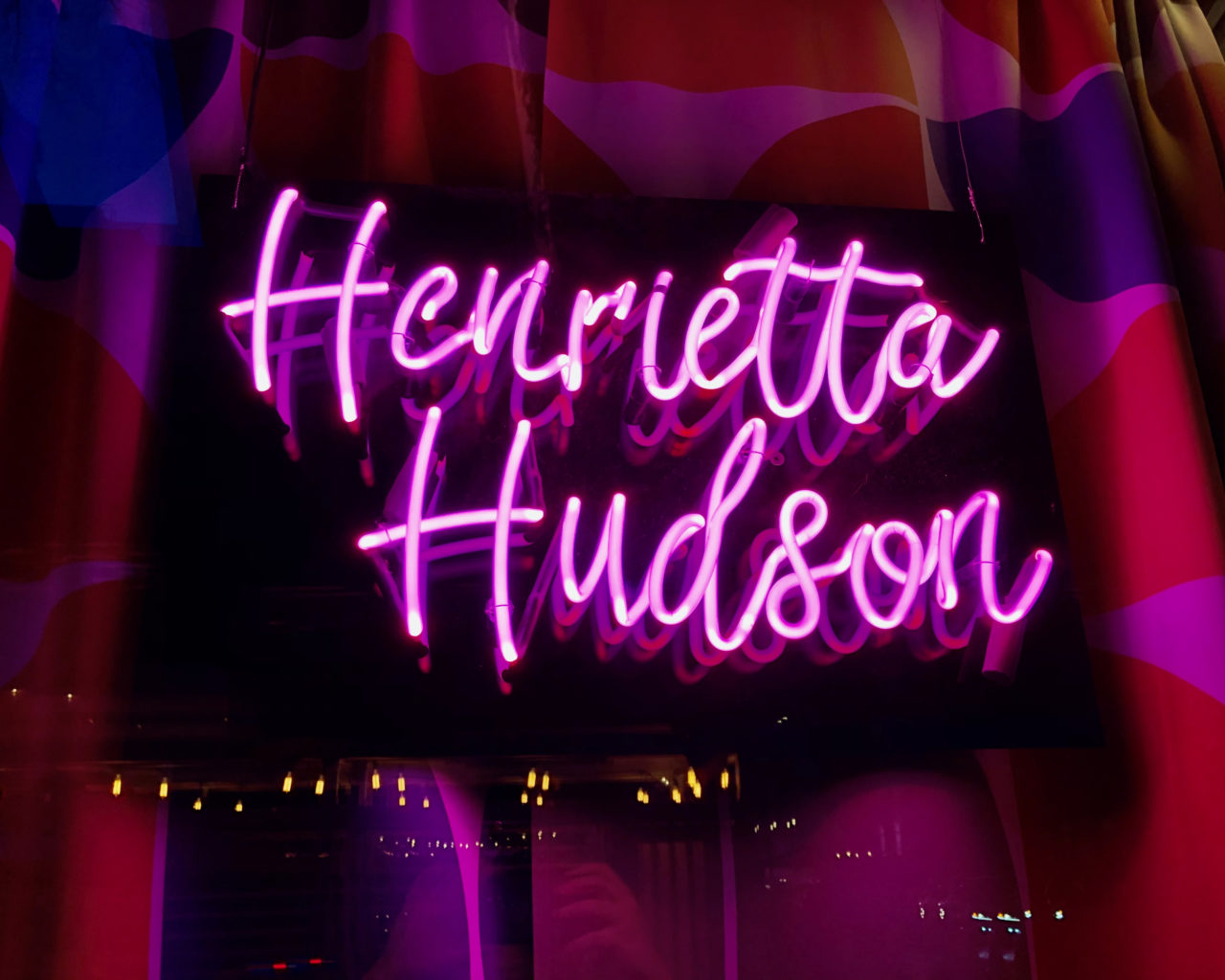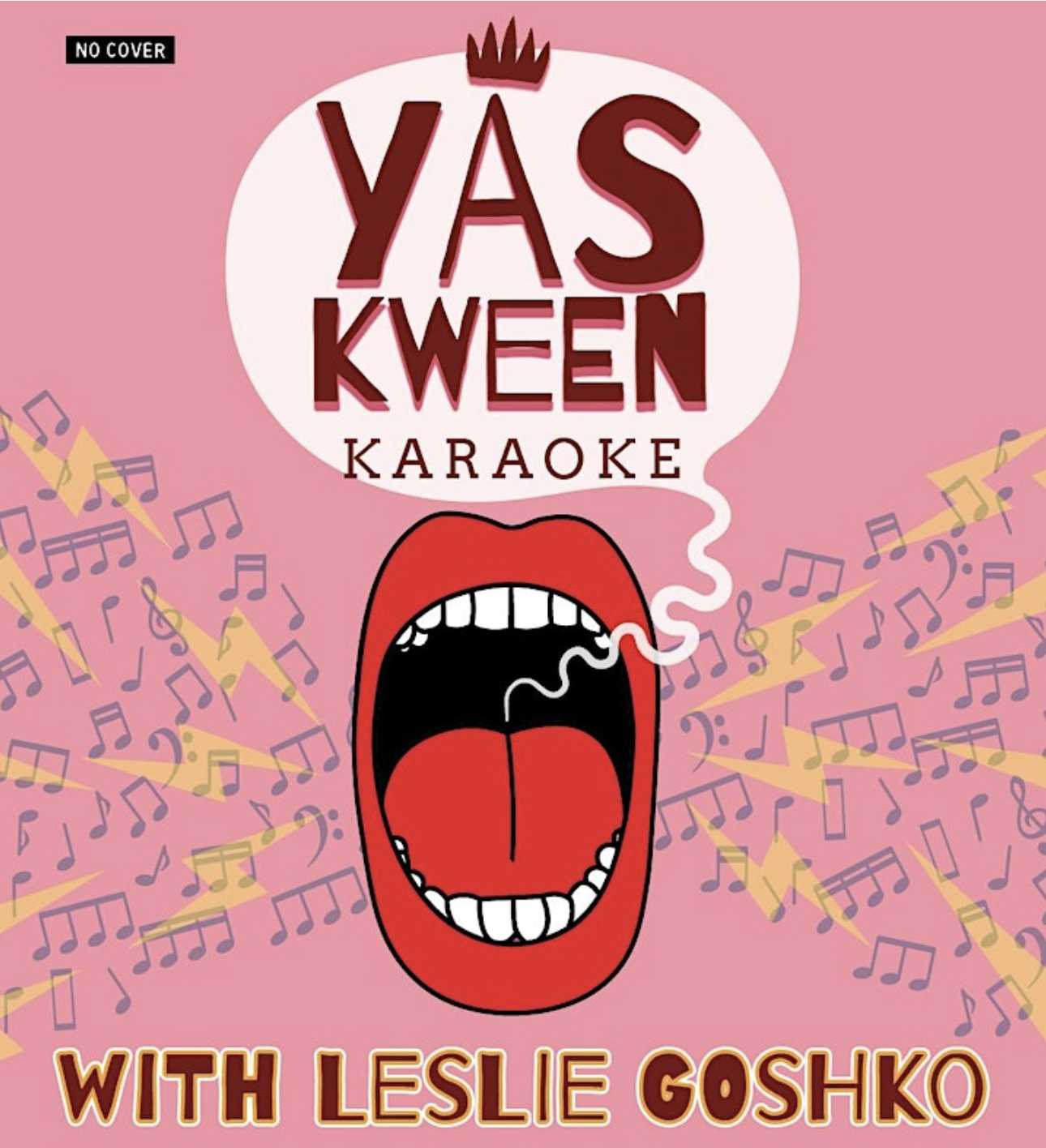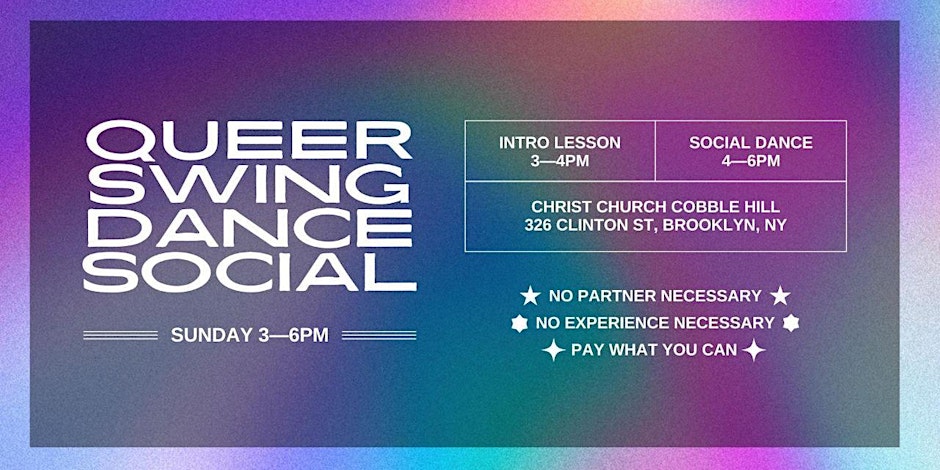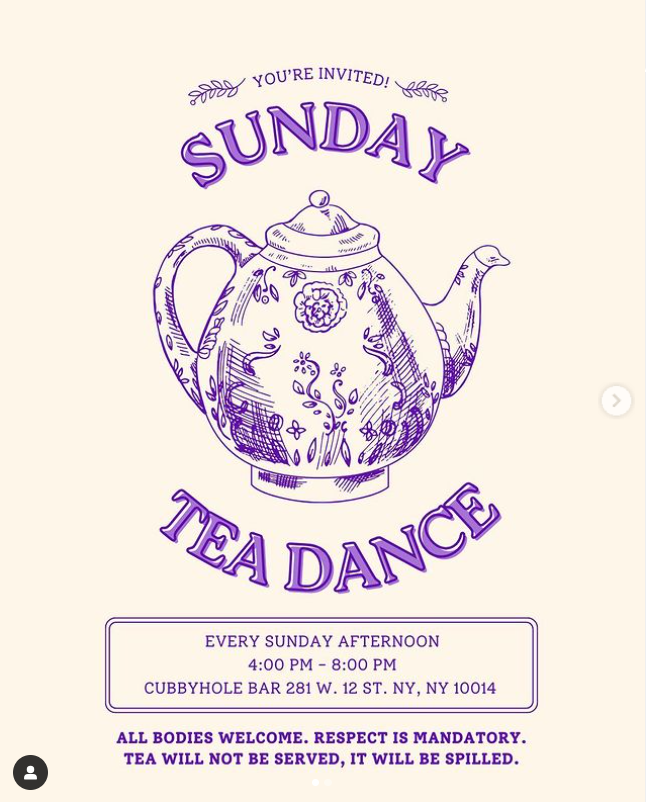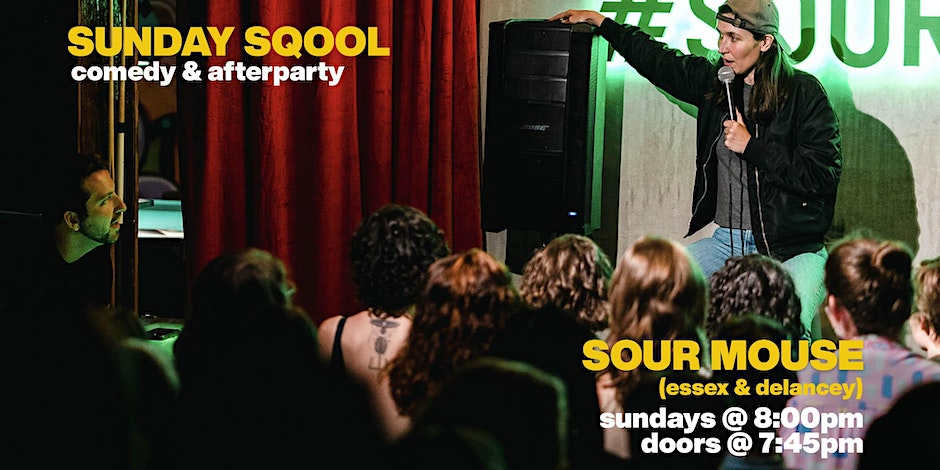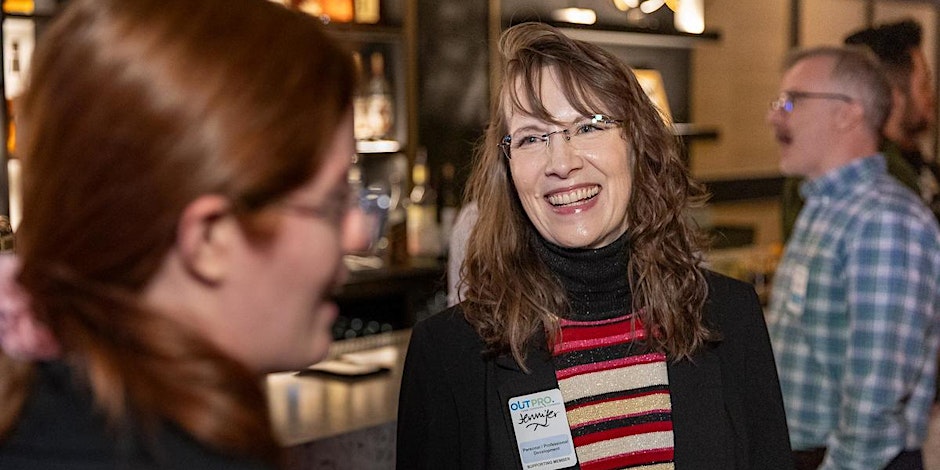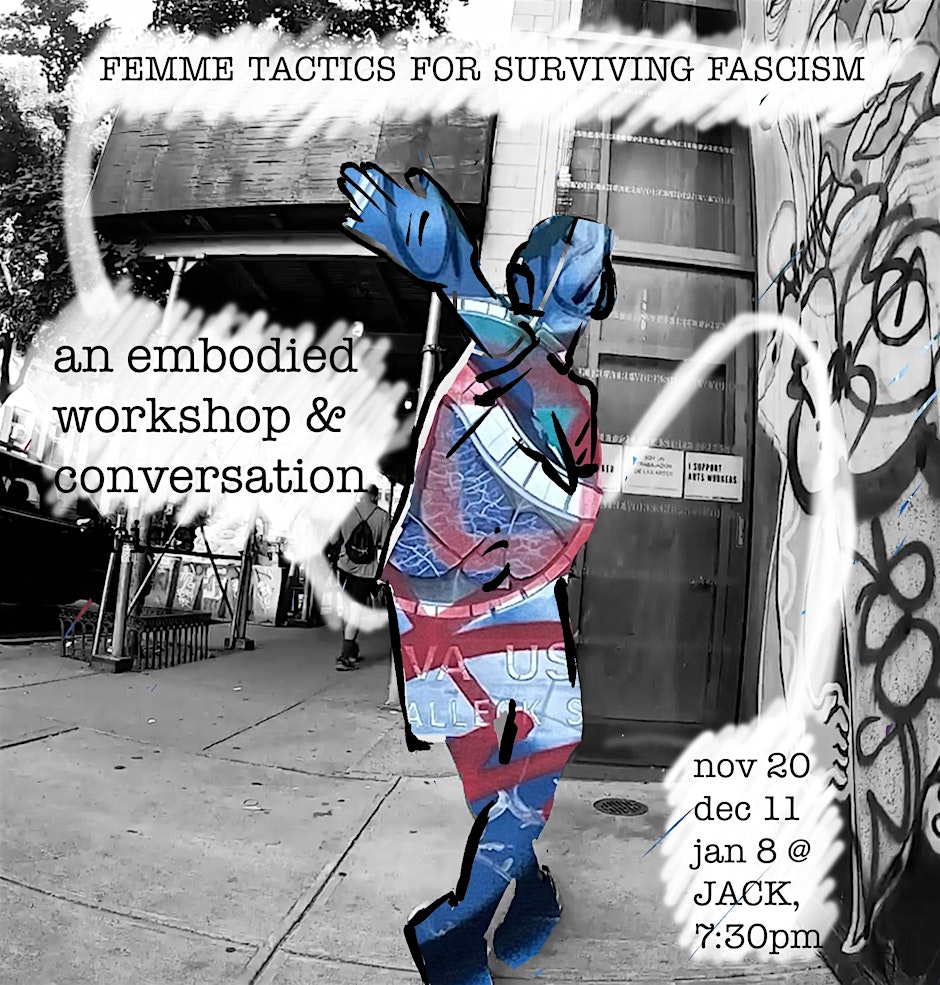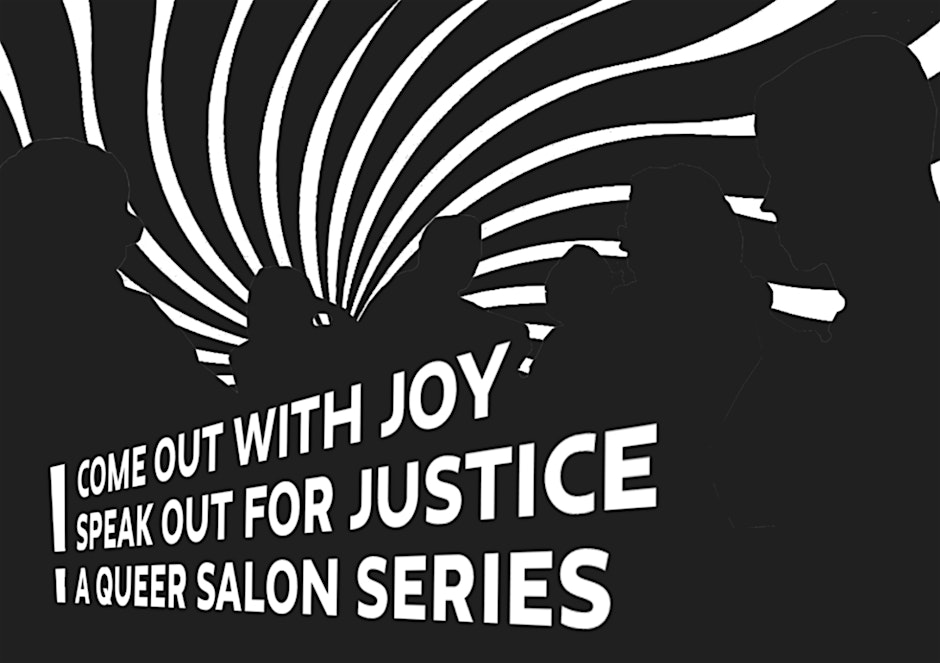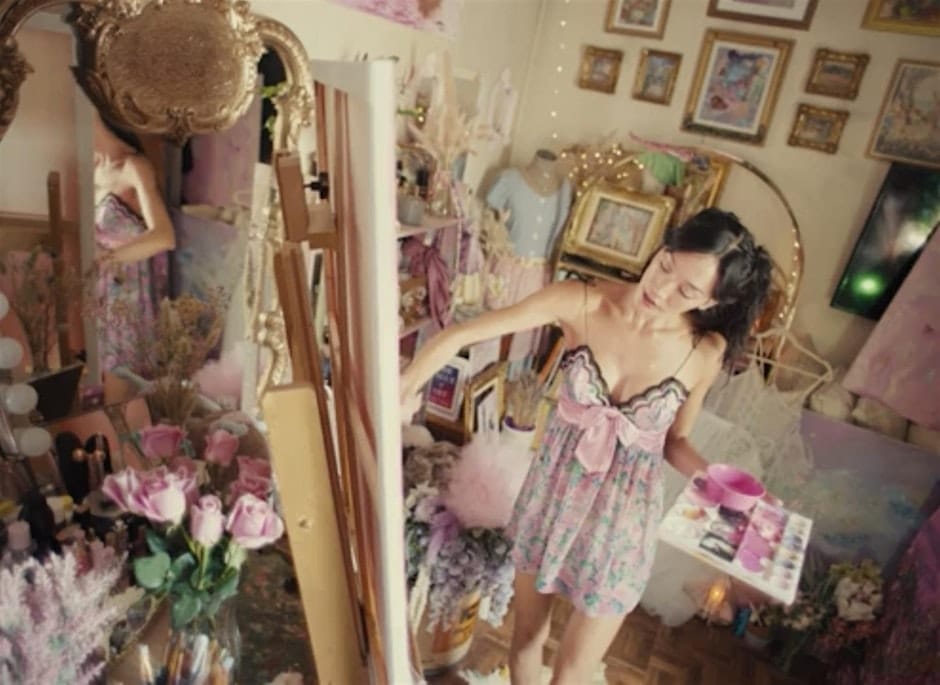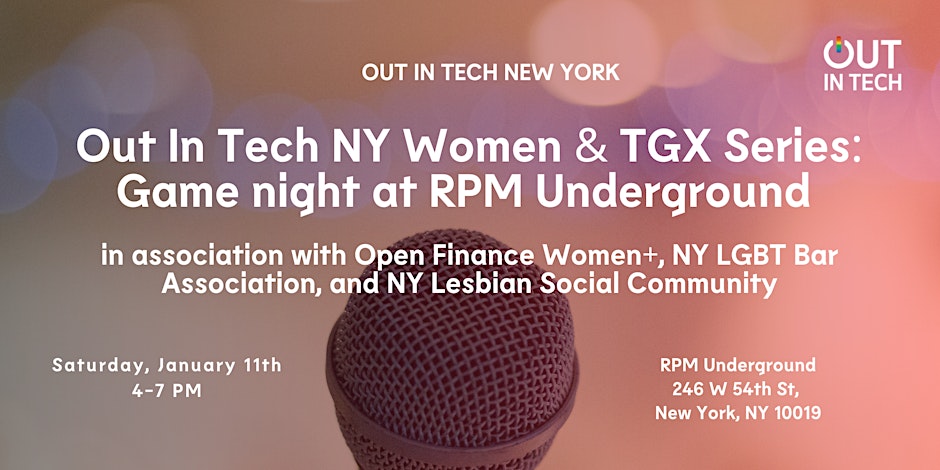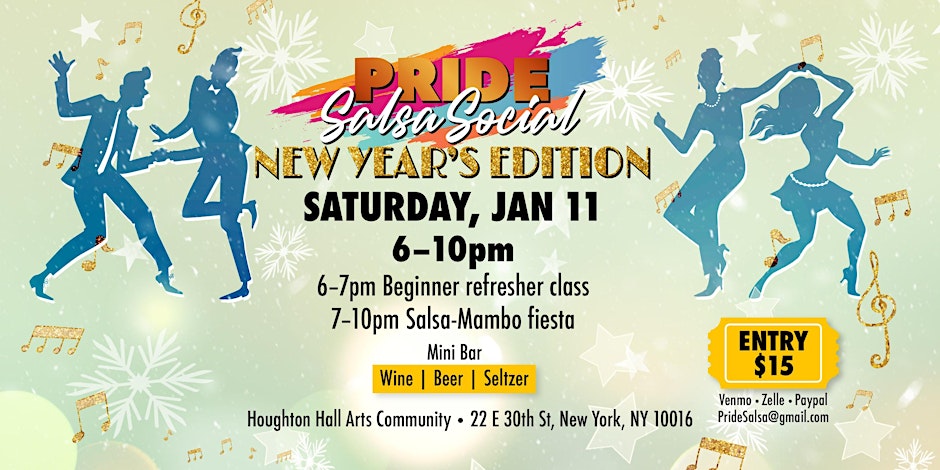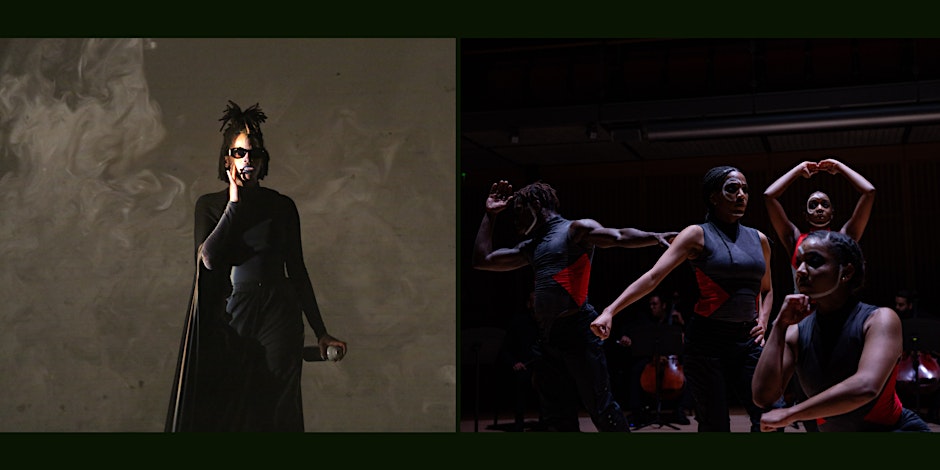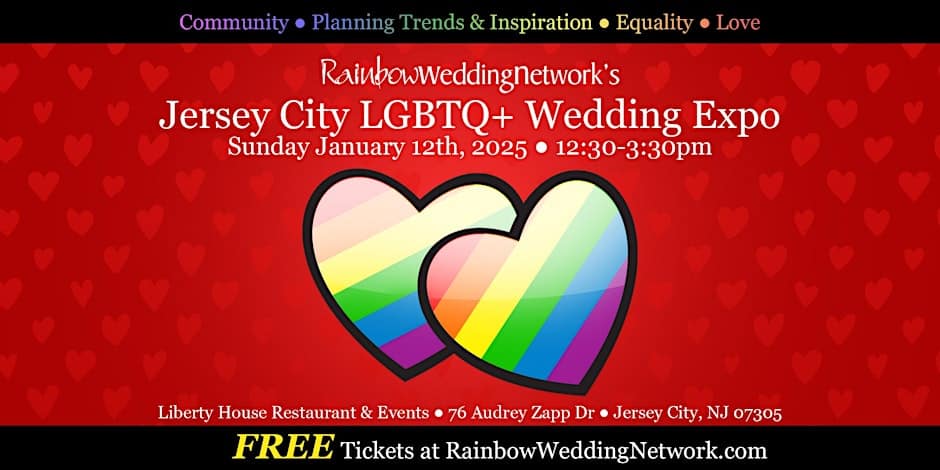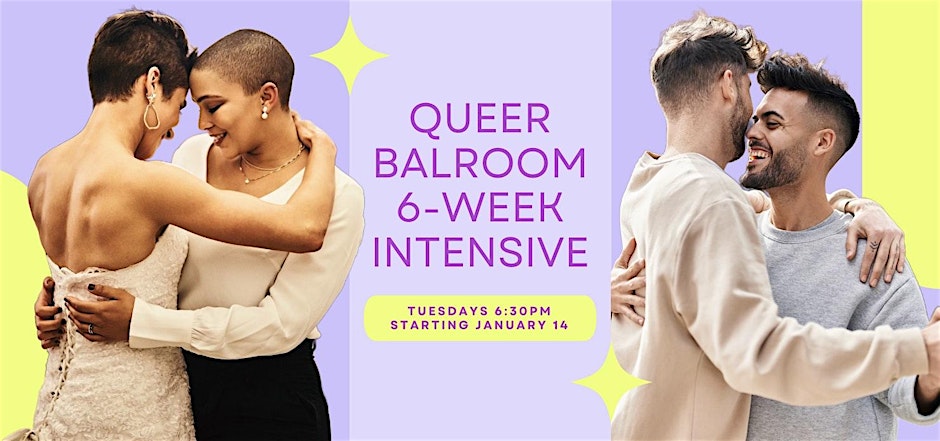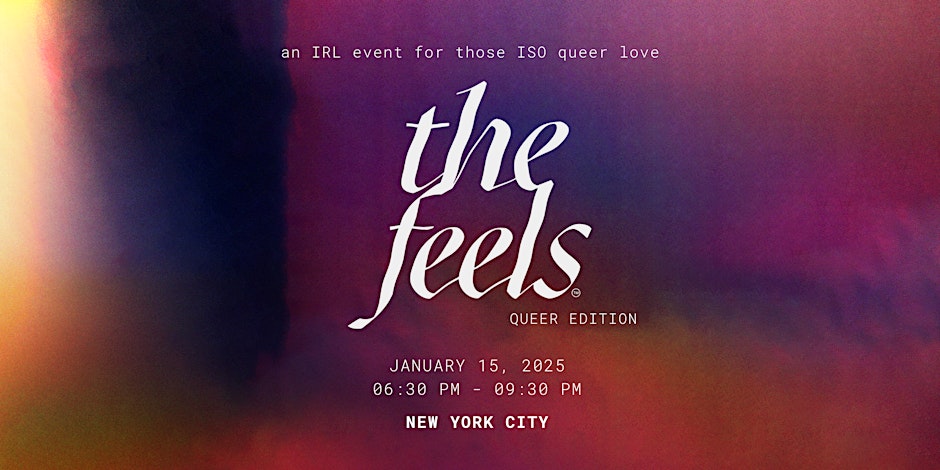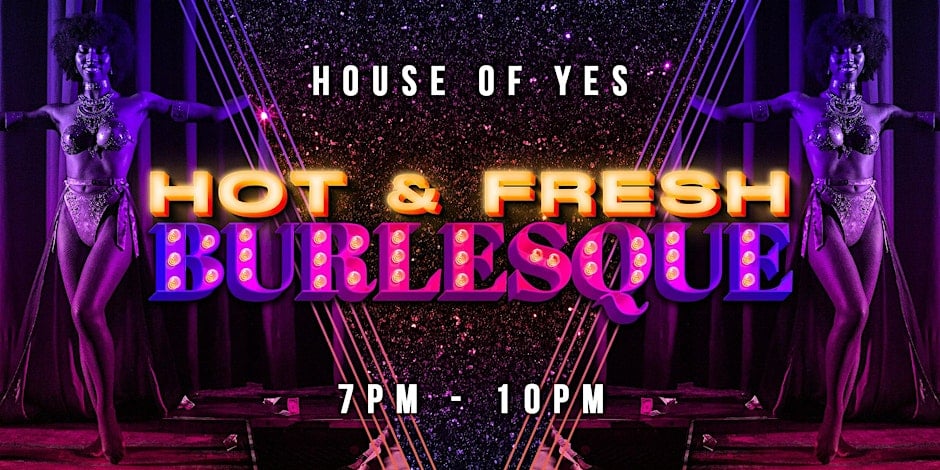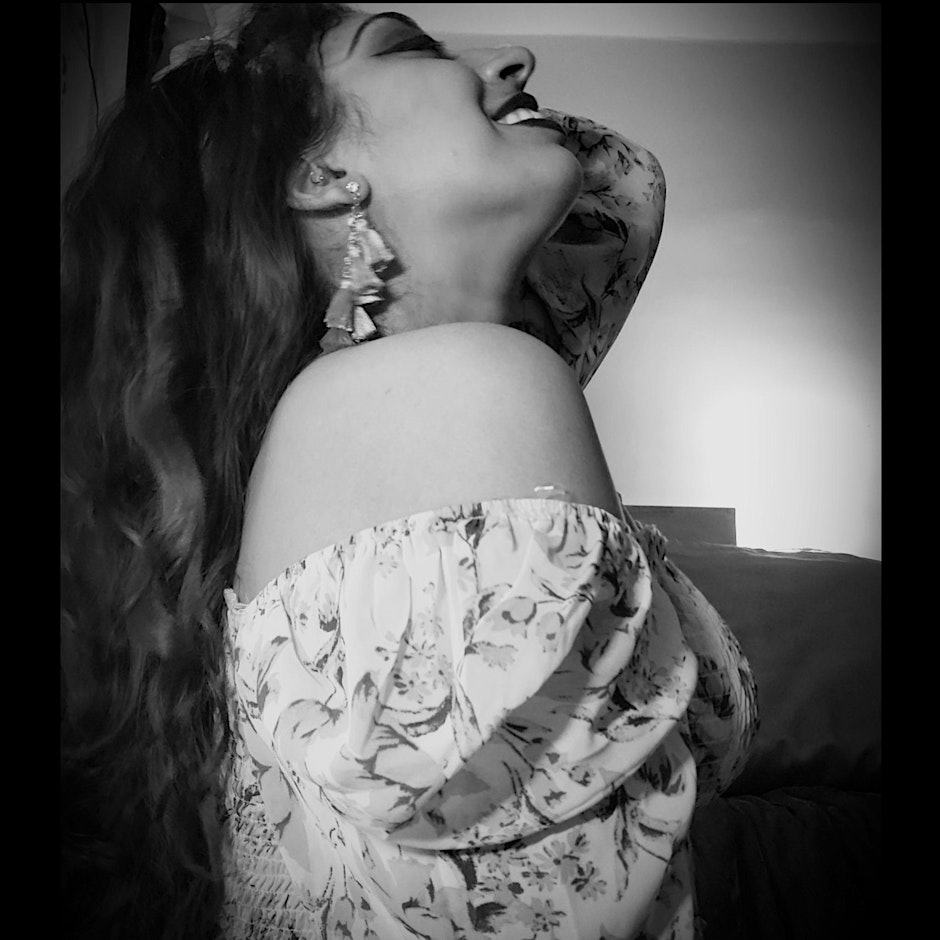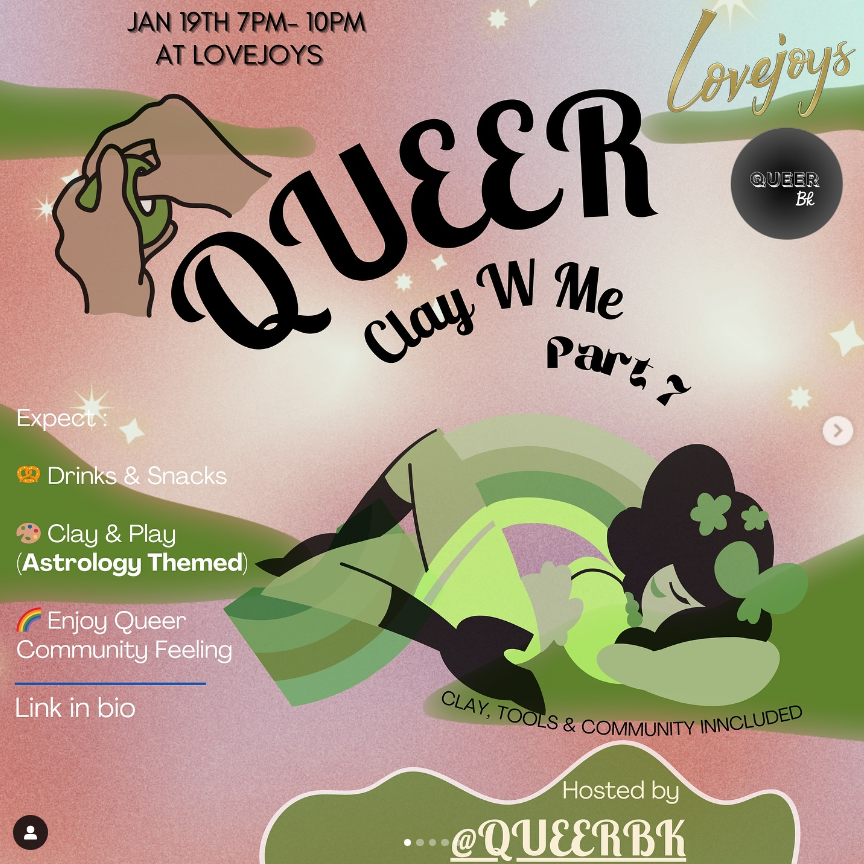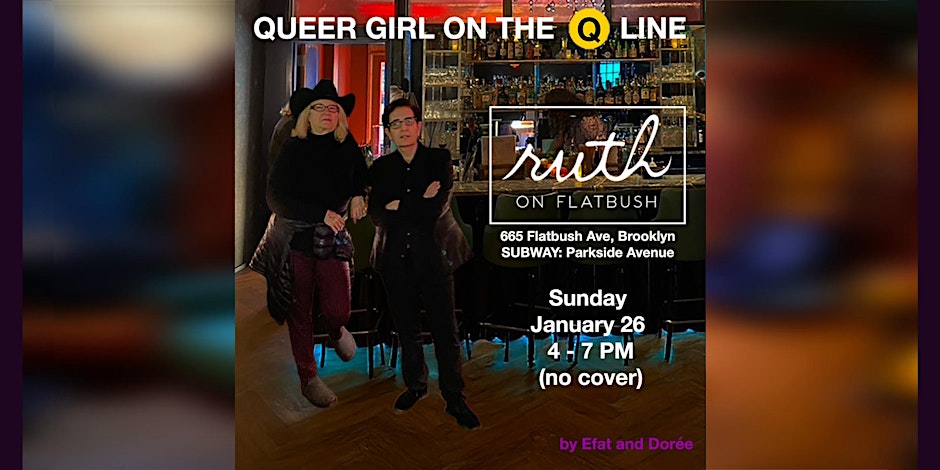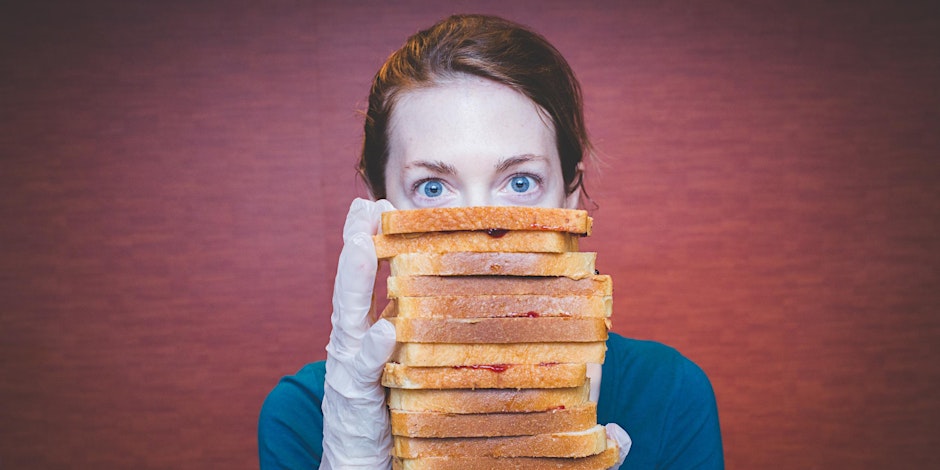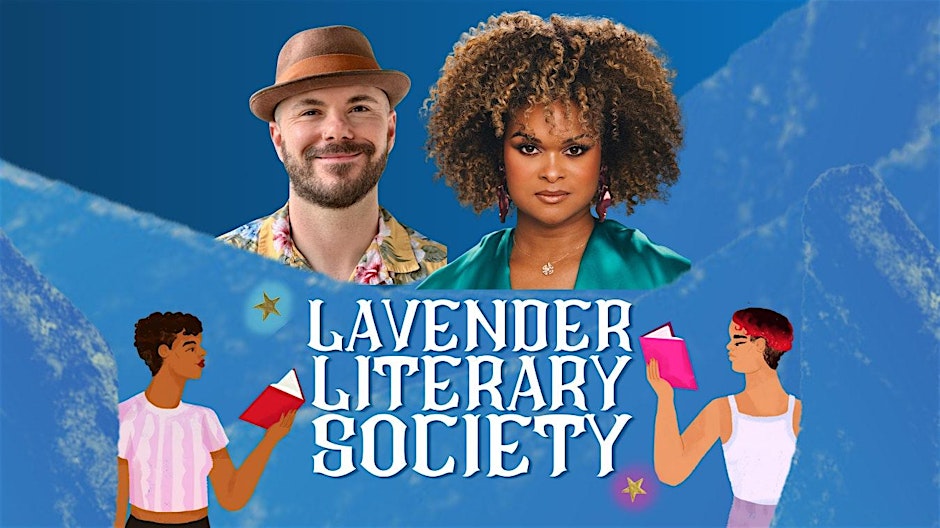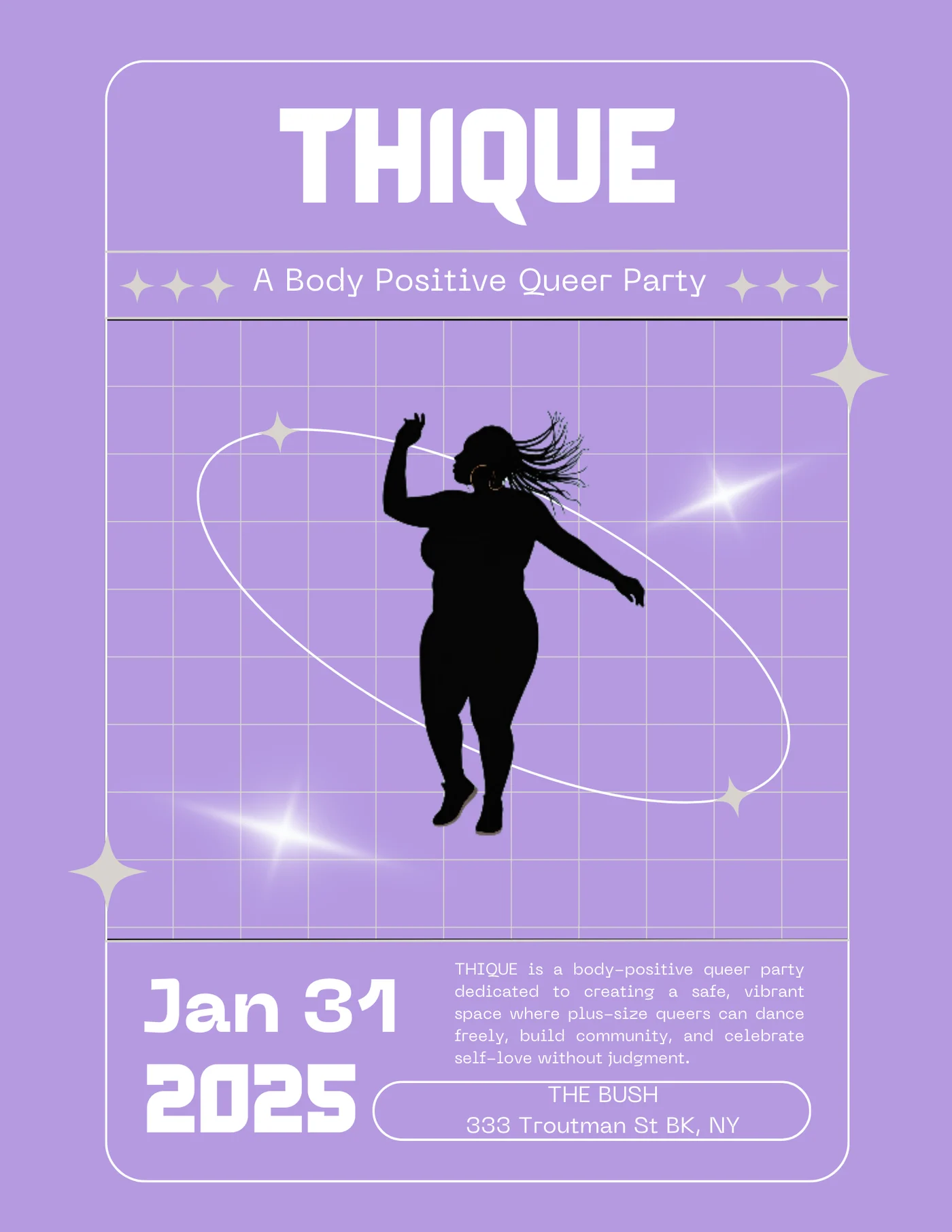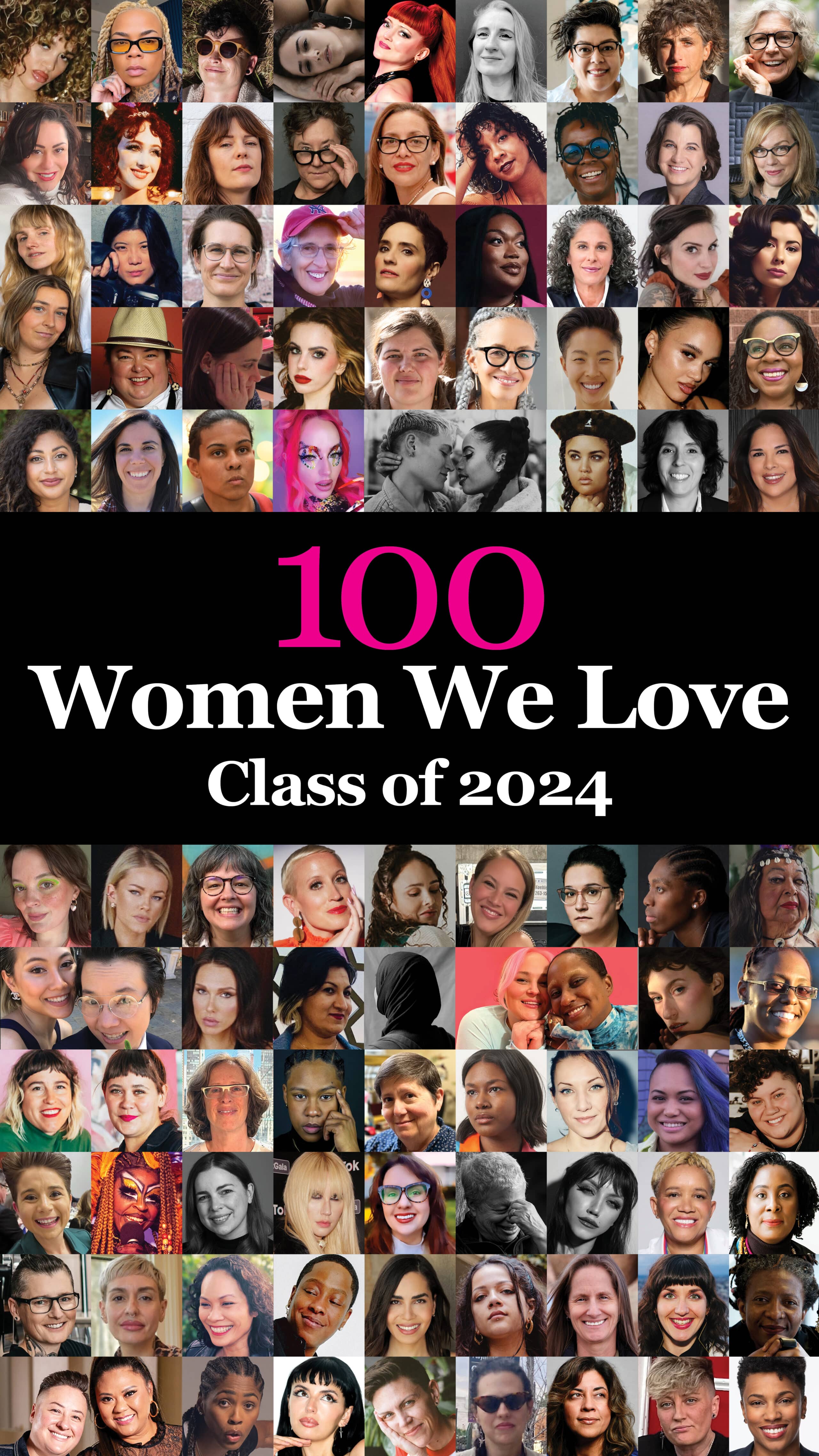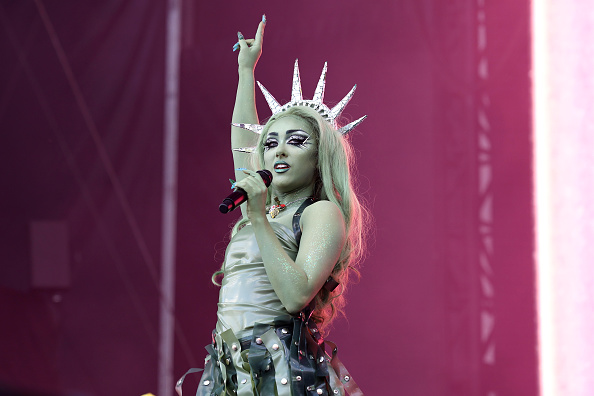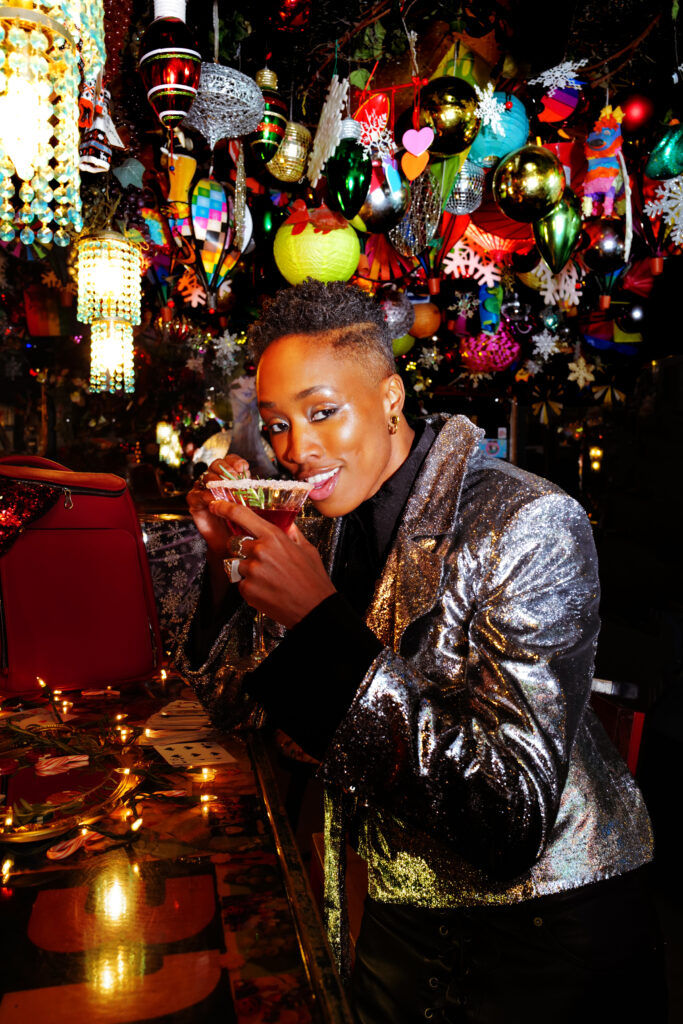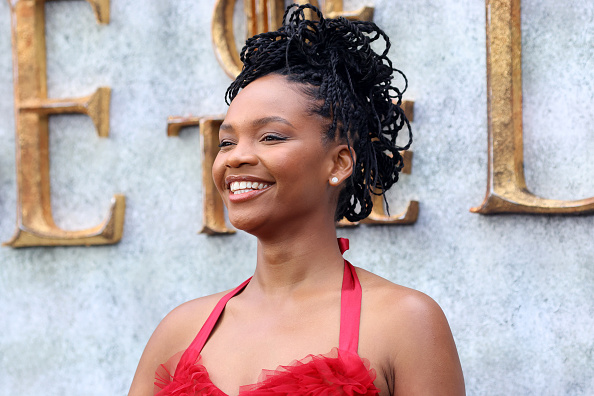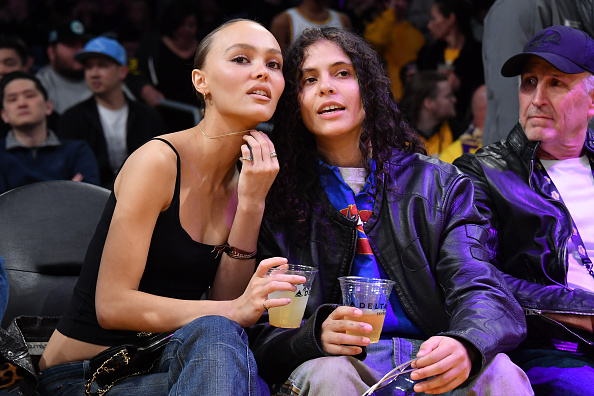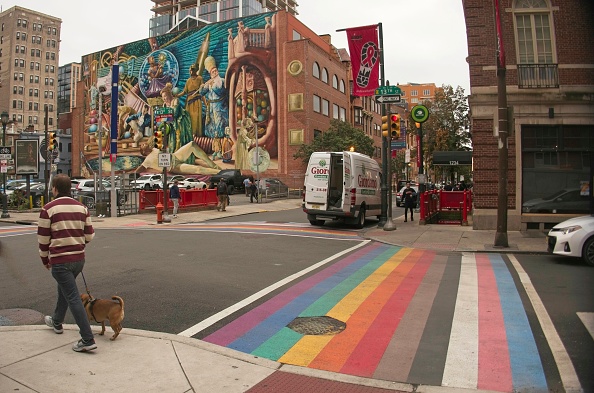When the bull bursts through the chute, the timer starts. In eight seconds, a cowboy rides a bucking bull with one hand on a rope and the other in the air. The energy is chaotic as the rider’s body jolts back and forth, convulsing on top of the bull. The goal is to not let go. The crowd roars in those few seconds, unsure of what may happen next. It’s rough, it’s dirty, and it’s glamorous. It’s a little something called the gay rodeo.
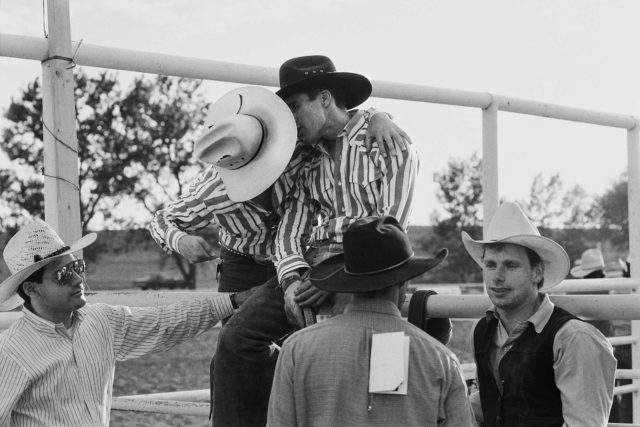
In Nevada, 1976, the first gay rodeo was held after amateur and professional queer cowgirls and cowboys were faced with discrimination in the Professional Rodeo Cowboys Association (PRCA) and sought out a solution for a more free and acceptable environment. By 1982, the National Gay Rodeo had Joan Rivers as the grand marshal and the rodeo filled the stands with more than 10,000 people. Right in the midst of the AIDS epidemic, the International Gay Rodeo Association (IGRA) was officially founded in Colorado in 1985. The IGRA has been building community and eradicating stereotypes in the arena with their LGBTQ+-friendly events that include tradition — like steer roping and bull riding, as well as drag, goat dressing, and camp — ever since. When the IGRA originally started, Colorado, Texas, California, Oklahoma, and Arizona were among the first member states. Now, 35 years later, the IGRA has 5,000 members and includes 20 states, plus the Canadian Rockies.
Essentially, gay rodeo was created in response to the macho stallions that inhabited the western culture community. Folks were looking for a safe space to be a gay and out wrangler. “You don’t have to be gay to compete,” notes the organization’s website, “you just have to be of legal age.” In a hypermasculine sport, the IGRA has created a place in the arena for women, trans people, queer folks, and straight people alike to compete amongst the grit, sweat, and dirt. Some folks come from ranching or rural backgrounds, while others arrive at the arena due to their love of country dancing or searching for a community. Regardless, everyone is welcome.
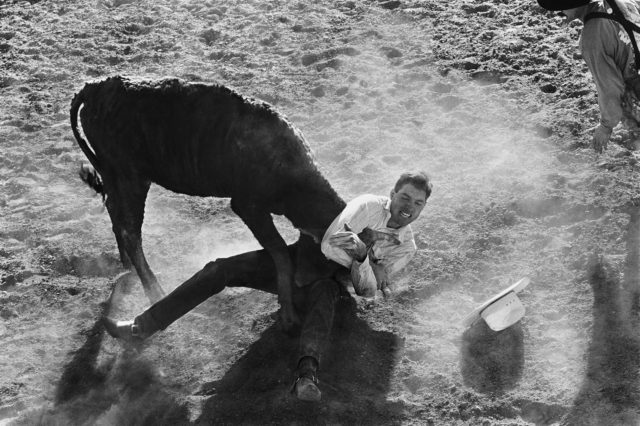
History of IGRA
Rebecca Scofield, Ph.D., assistant professor of history at the University of Idaho, has researched the cowboy icon and cowboy performance in relation to how it defines a narrow view of the American West. In 2016, she started the Gay Rodeo Oral History Project in partnership with the IGRA. The Oral History Project collects oral histories and interviews from members published on the Voice of Gay Rodeo. To date, the project has collected almost 60 interviews, cowboy poems, and life-long histories.
Scofield’s 2019 book, “Outriders: Rodeo at the Fringes of the American West,” looks at “groups of people who have been pushed to the margins” — otherwise known as “outriders.” “I look at four distinct rodeo communities over the twentieth century, including early female bronc-riders, the Texas Prison Rodeo, all-Black western performance, and gay rodeoers,” Scofield tells GO. “These communities each resisted the emergence of the cowboy as a white, straight male, but also at times still contributed to a notion of western authenticity. At the core of my book is the question of how communities used rodeo to assert belonging in a triumphant national narrative.”
Regarding the performative aspect of rodeo — whether that’s clowns, pig-chasing, or dancing — Scofield notes that the rich history of performance in the queer community directly translates to LGBTQ+ rodeos. “Gay rodeo is particularly interesting because their approach to the already performative aspects of rodeo actively draws on histories of camp as a political and social tactic of resistance,” she says.
The thrill of the sport
In addition to the 10 other events in gay rodeo, camp events include goat dressing, steer deco, and the wild drag race. Scofield says these are “crowd favorites” and are totally inclusive — you don’t even need a horse to participate. While rodeo queens are a tradition among mainstream rodeo, gay rodeo takes that acceptance a bit further, with Mr., Miss., Ms., and MsTer’s all accepted in the competition. For the uninitiated, Misses and MsTer’s are drag queens and drag kings who compete to country music in a performance characterized by flashy attire and cowboy boots. While these types of events have been popular at all rodeos, they are particularly valued in gay rodeo and placed alongside other events like team roping and steer riding. “In some ways, IGRA embraces the inherent campiness of rodeo and uses it as a joyful rejection of oppressive and exclusionary systems,” says Scofield.
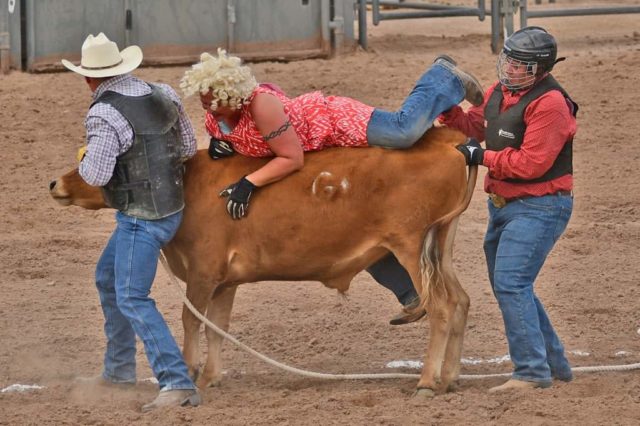
Arizona-based competitor R.J. Mikels was awarded MsTer AGRA (Arizona Gay Rodeo Association) in 2017. In 2018, she went on to win MsTer IGRA. “There is a lot that is involved in becoming Royalty,” says Mikels, who also volunteers and works at the rodeos with her wife. “You have to raise money for your rodeo association and a charity of your choice. Plus, you have to attend and either compete or volunteer at rodeos throughout the United States.” Each rodeo raises money for charities like the Muscular Dystrophy Association and HIV research, and Royalty are expected to contribute and uphold this philanthropic value. In addition to this, Royalty have to study up on past and current information and are expected to know them at the drop of a hat — from board members and past Royalty to the complete history of IGRA rodeo. Over the course of two days, competitors are judged based on formal western wear, entertainment, and an interview where seven judges ask rodeo questions.
Mikels was introduced to rodeo in 2012 after watching a friend compete in calf roping on foot. In as short of time as possible, the competitor has to throw a loop of rope around the calf’s neck and tie its three legs together. In 2015, after volunteering to work as crew at a few rodeos, she was hooked. It wasn’t until 2018 that a friend suggested Mikels begin competing in rough stock events, which include events like bronc riding, bull riding, steer wrestling, team roping, and barrel racing. “So that weekend I signed up to do chute dogging,” says Mikels. Chute dogging is when the competitor must wrestle a 400 to 500-pound steer to the ground in 60 seconds. During her first year competing, Mikels was the champion in chute dogging and steer riding. Like many other cowboys and cowgirls, she became hooked. The thrill of the rodeo — even as an attendee in the stands — is undeniable.
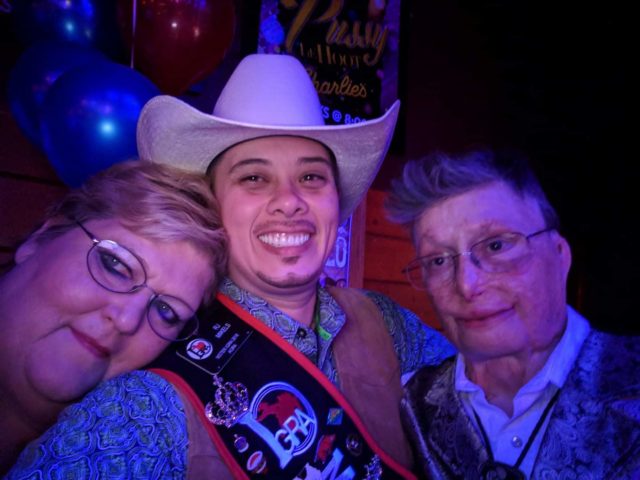
“Riding bulls was the most exciting physical and adrenaline producing experience of my life,” says photographer Blake Little. When the bull’s shoulders burst through the gate, the clock starts. Once the rider releases their hand from the rope, falls on the group, or even touches the ground, the clock stops. “There is no time to think about anything,” says Little. “You[‘re] prepared mentally and you practice, but when you ride, it is all spontaneous and reacting to the power of the bull.” In 1988, Little went to his first gay rodeo in Los Angeles, which he says was a very powerful experience. “I attended every rodeo in the Western Division of the IGRA for the next year,” Little tells me. After attending his sixth rodeo, Little started riding steers, and by the end of the year, he was riding his first bull. From 1988 until 1992, Little competed in the IGRA, even winning the 1990 finals.
He chose to cease riding bulls earlier than expected due to injuries that two of his friends endured. Bullriding, nicknamed the most dangerous eight seconds in sports, has high incidences of concussions, shoulder, and knee injuries. Getting injured while competing is common and expected for cowboys and cowgirls, especially in rough stock events. And while Little doesn’t miss the dangers of riding, he does miss the camaraderie of competing.
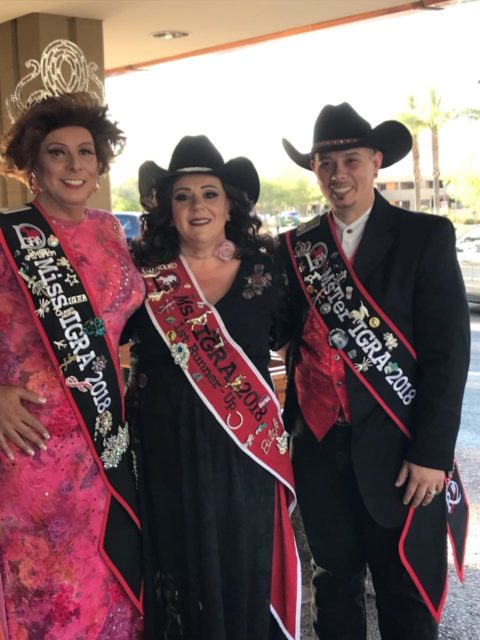
Gender in the IGRA
Gender dynamics in rodeo history have largely excluded women from competing with men. The 1920s were when cowgirls were in their heyday; however, starting in the mid-1920s to 1930s, several women competitors were seriously injured or killed during their event. A shift began as crowds were less comfortable with women competing with men, and women eventually became excluded from rodeos’ main events in the late 1930s. By the mid-1990s, women were able to compete, but since then, they have had to either compete at an amateur level or form their own association as the binary idea of girls versus boys remains solidified in the hypermasculine culture.
“One of the greatest things about the IGRA rodeo is that men and women can compete in all events,” says Mikels. “In most rodeos, women cannot do rough stock events and men cannot do barrels or flags. We also have events at every skill level so that anyone can participate that would like to compete.” While the number of men in the IGRA still outweigh the women, discrimination and misogyny aren’t prevalent in the arena, and women are coming to the forefront as top competitors. All folks in gay rodeo ride the same livestock and compete against one another in the same way. In some competitive events like team roping, steer decorating, wild drag race, and goat dressing, men and women (and nonbinary individuals) even work in teams together.
In gay rodeo, everyone is equal.
The importance of community
“For me, IGRA is more than just a community; it’s my family,” says Mikels, emphasizing how the community loves and takes care of one another. “We support and encourage each other in and out of the arena.” Where western culture carries the weight of heteromasculine stereotypes, these competitors show us that freedom, love, and acceptance are at the core of their mission at the rodeo.
“The true comradery with the cowboys and the sport of rodeo drew me in,” says Little. While Little was competing, he had his camera by his side. Cowboys at the rodeo trusted him since he was a rodeo contestant himself, and as a result, he garnered a large collection of black and white photographs. The documentation of the competitors in the arena is authentic and gentle, and you can see that once the dust settles, there is friendship and romance, like kisses after the dismount and affection near the chutes. Little’s images illustrate the dichotomy between the tenderness of queer relationships in rodeo and the dangerous event they are participating in. Within this shared passion, folks at the IGRA grow close around a sport they care so deeply about.
Although the IGRA is postponing all events until 2021 due to COVID-19, their connection is strong. Outside of the arena, cowboys and cowgirls go on trips together, are married, work towards charity events, and fundraising. Mikels tells me that no matter what state she travels to, she knows she has a friend. “We are all there to help each other out in any way because that’s what family does,” she says.
In a space where cowgirls and cowboys are quite literally willing to break their back for the sport, they have built an undeniably strong bond. For queer folks like Little and Mikels, the arena offers the freedom of judgment and discrimination — all while chasing the dream of the rodeo.




